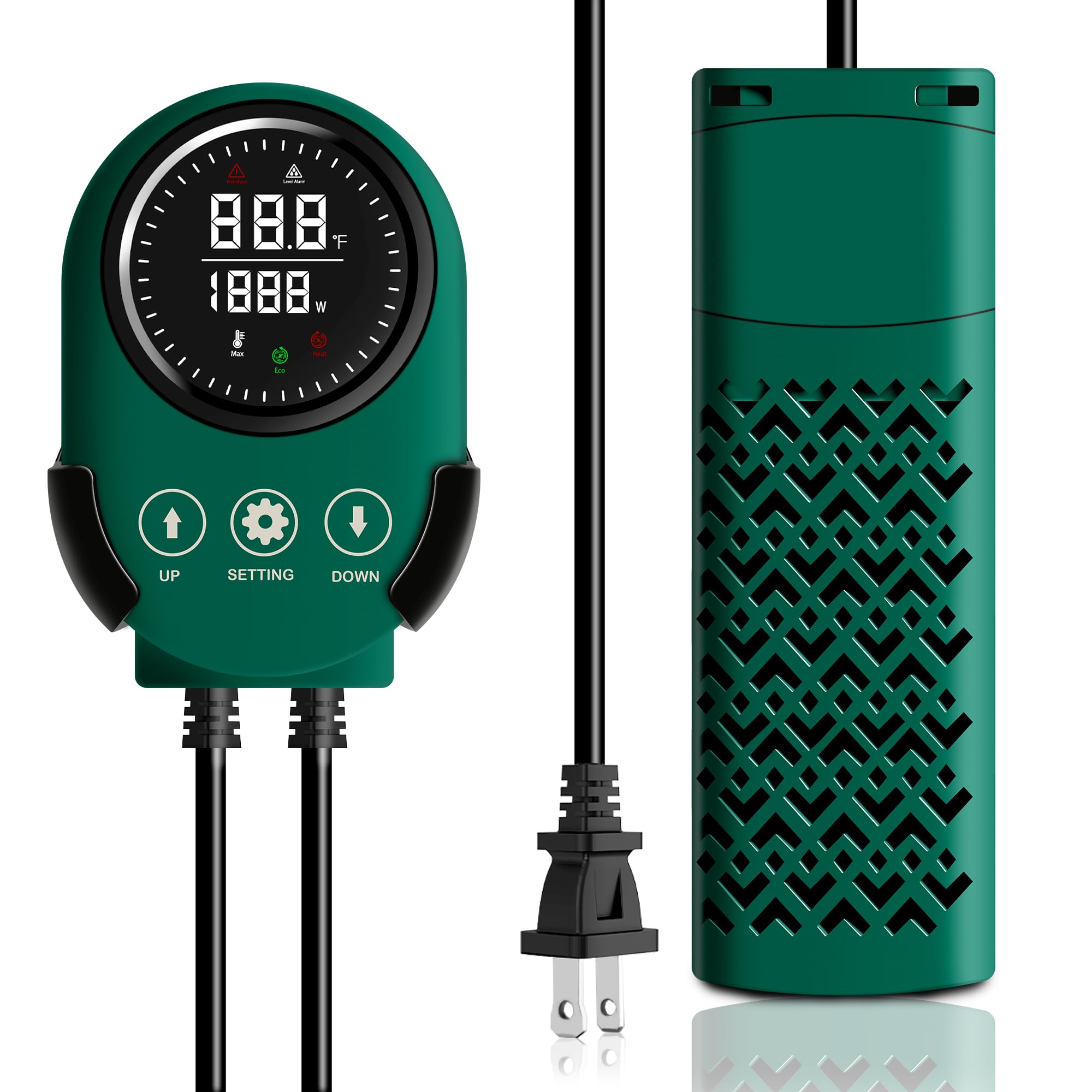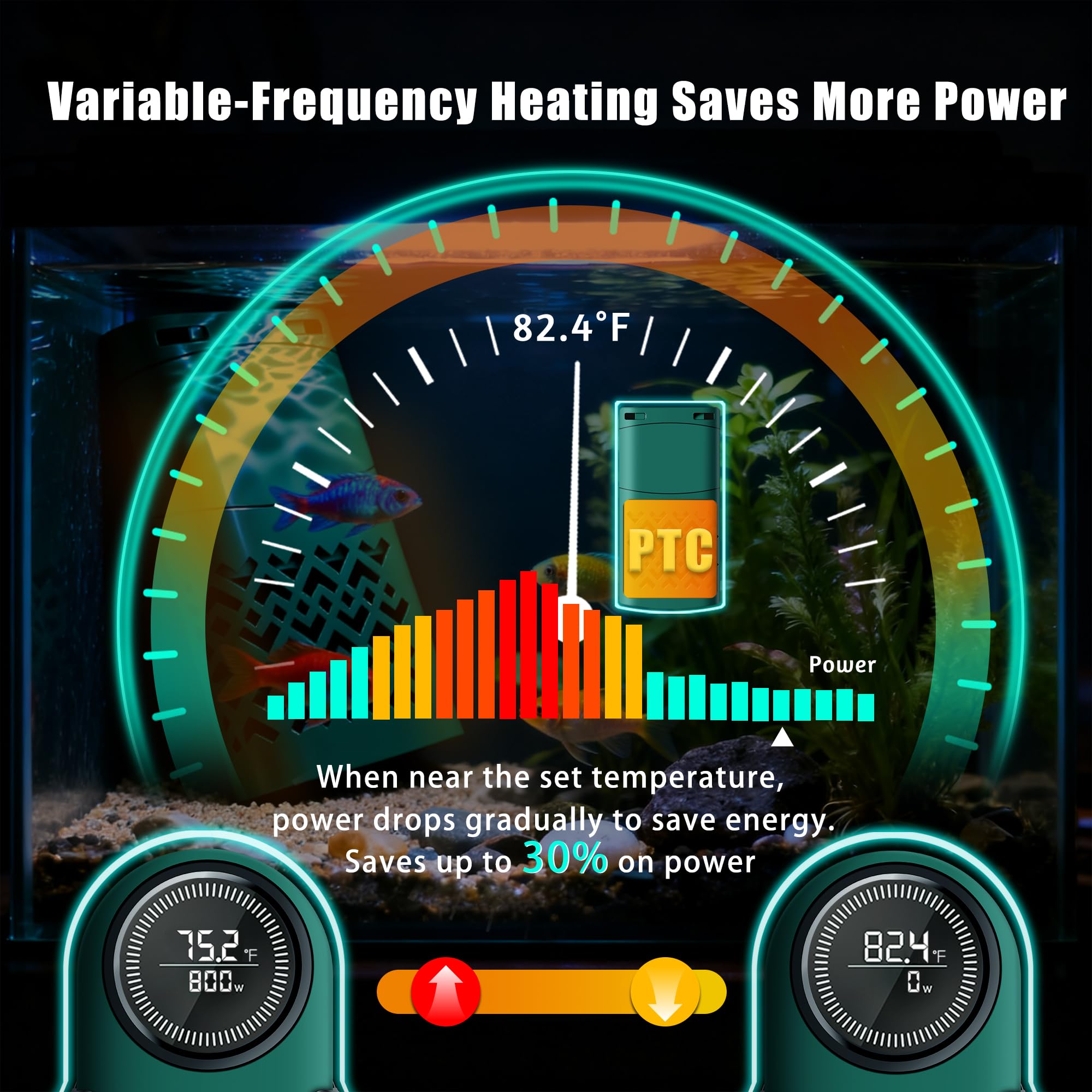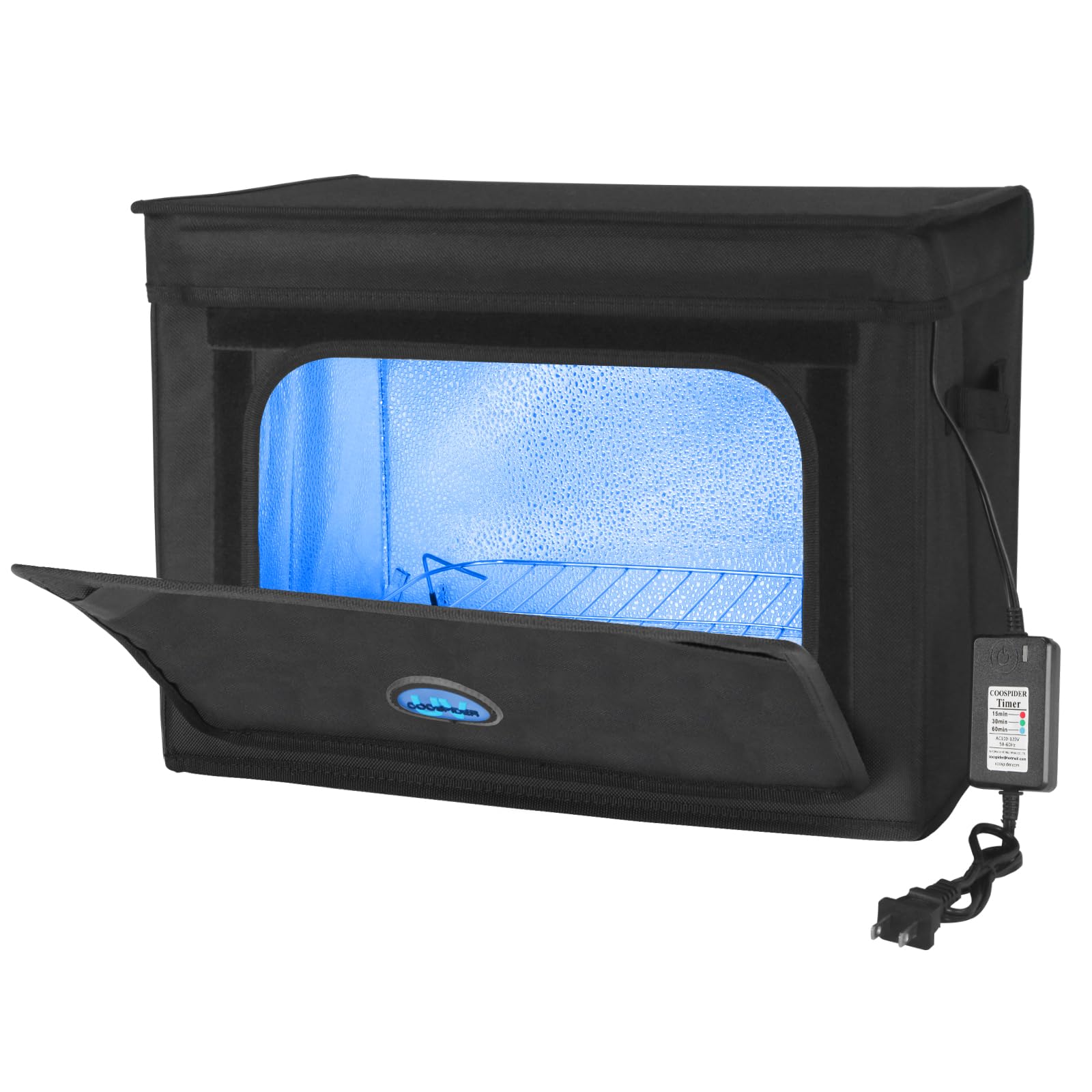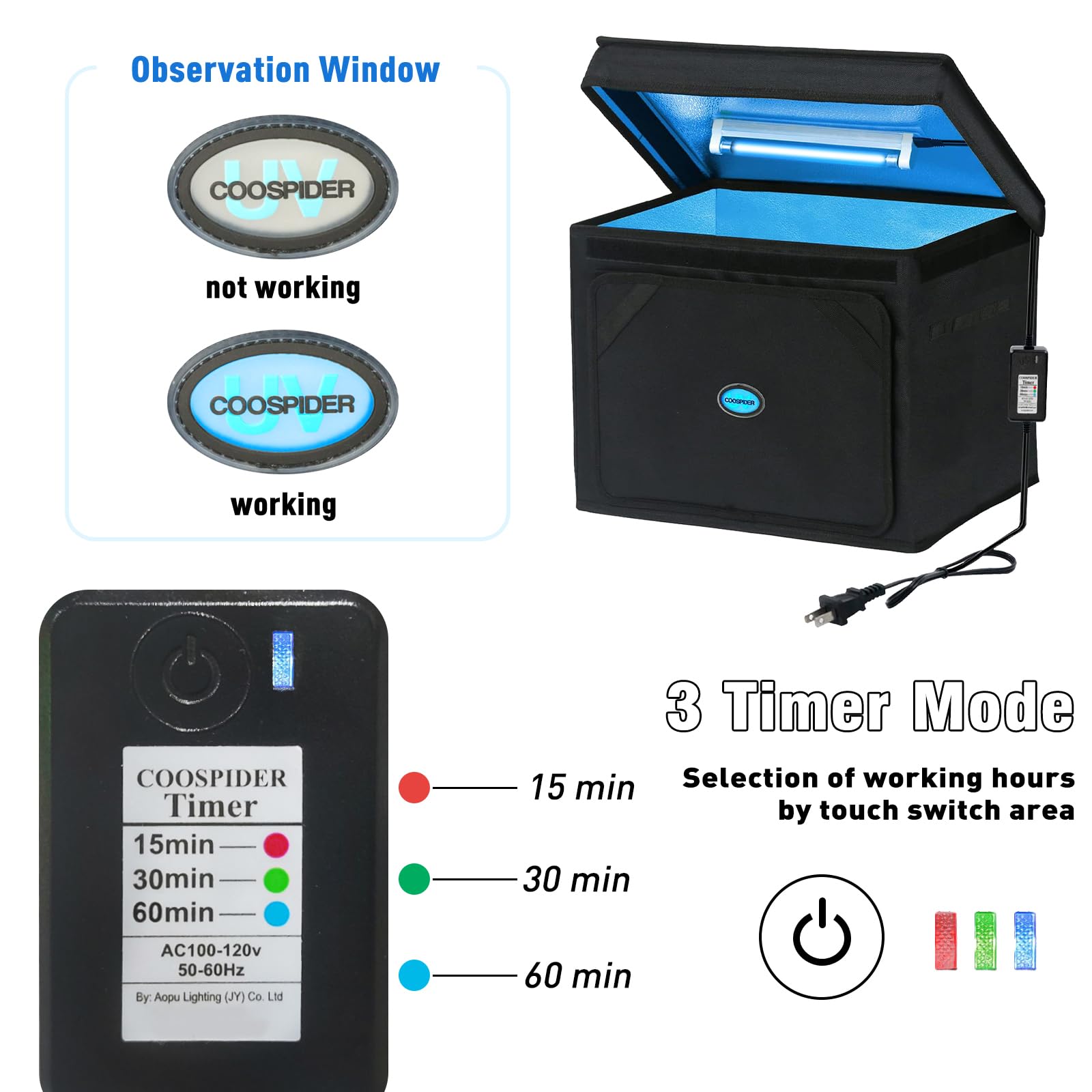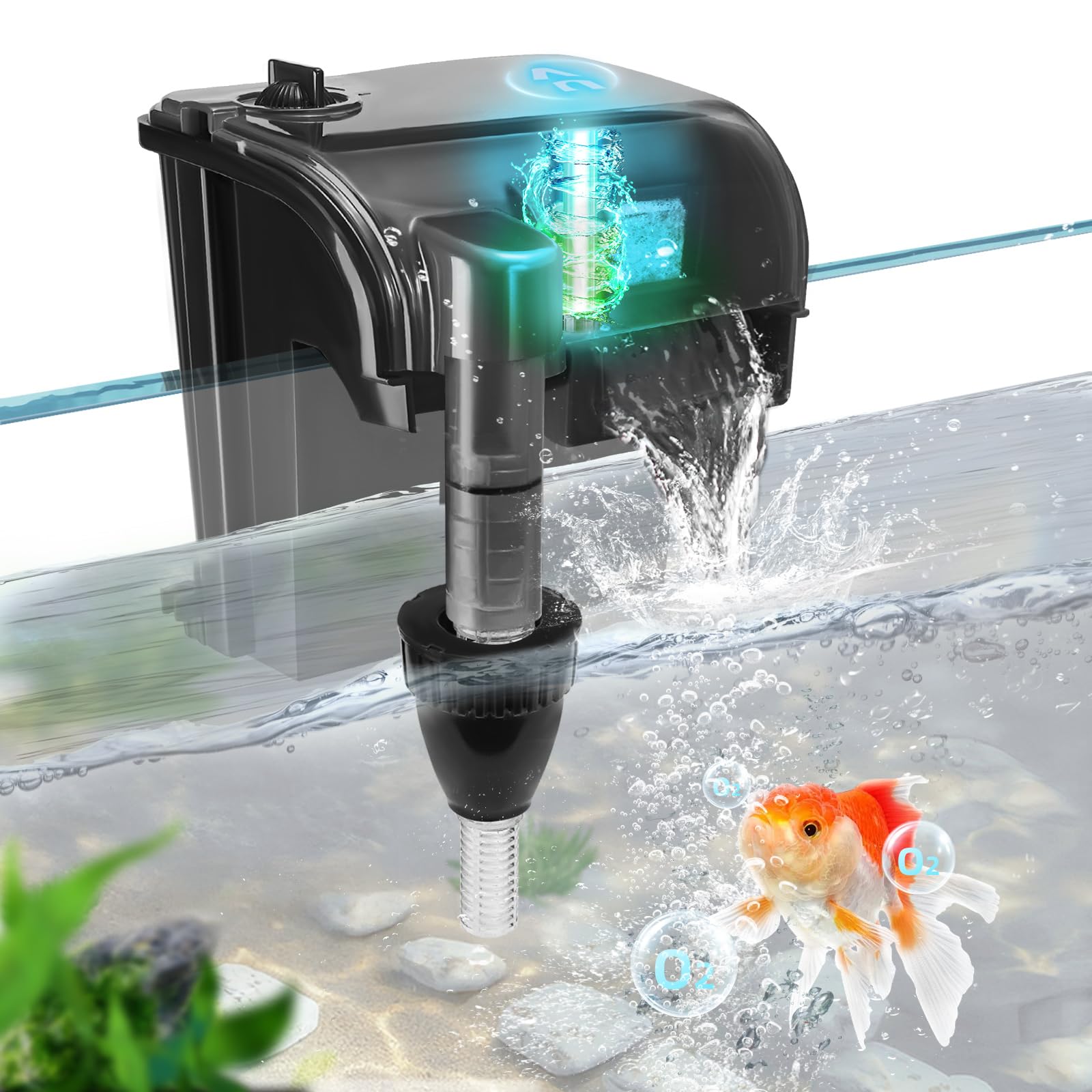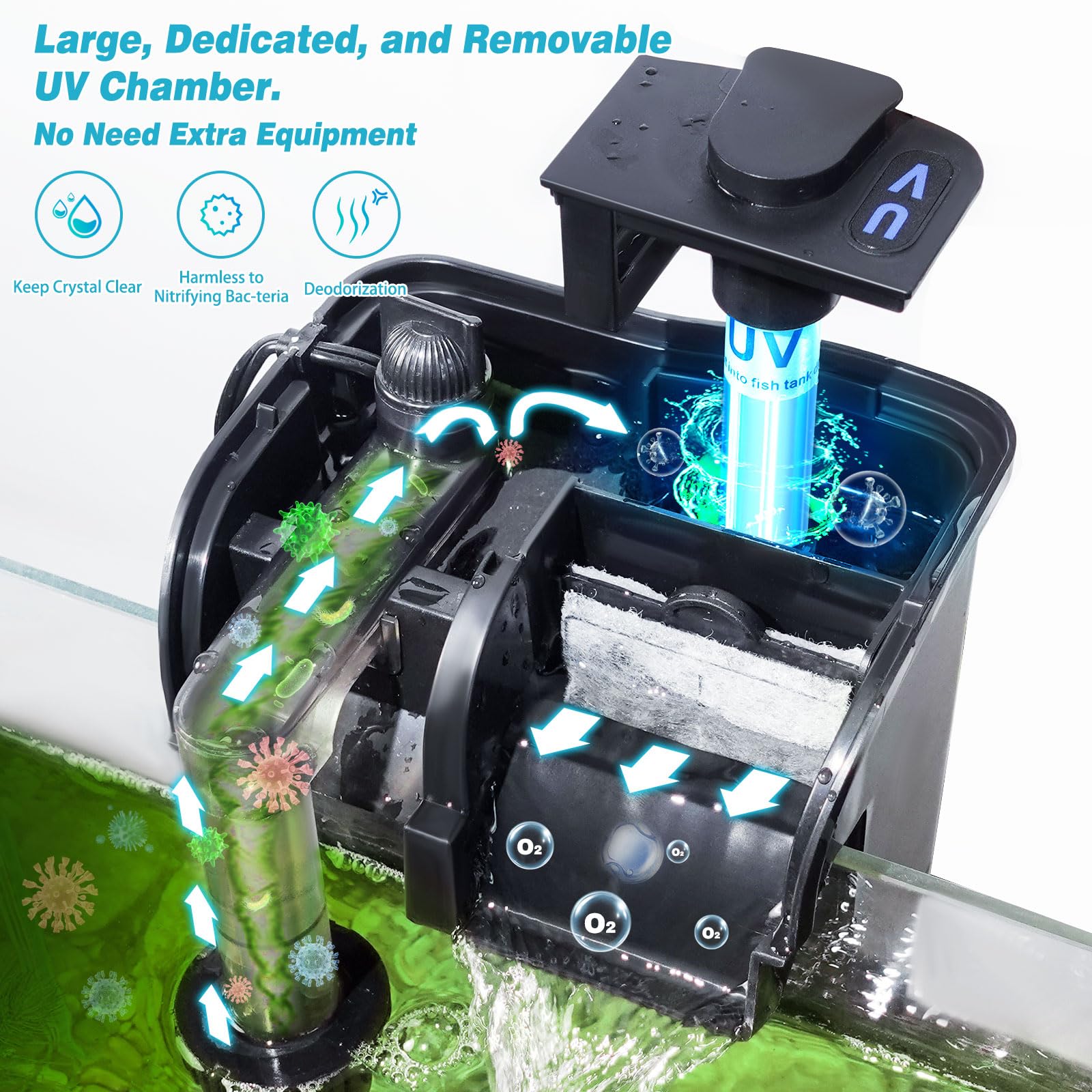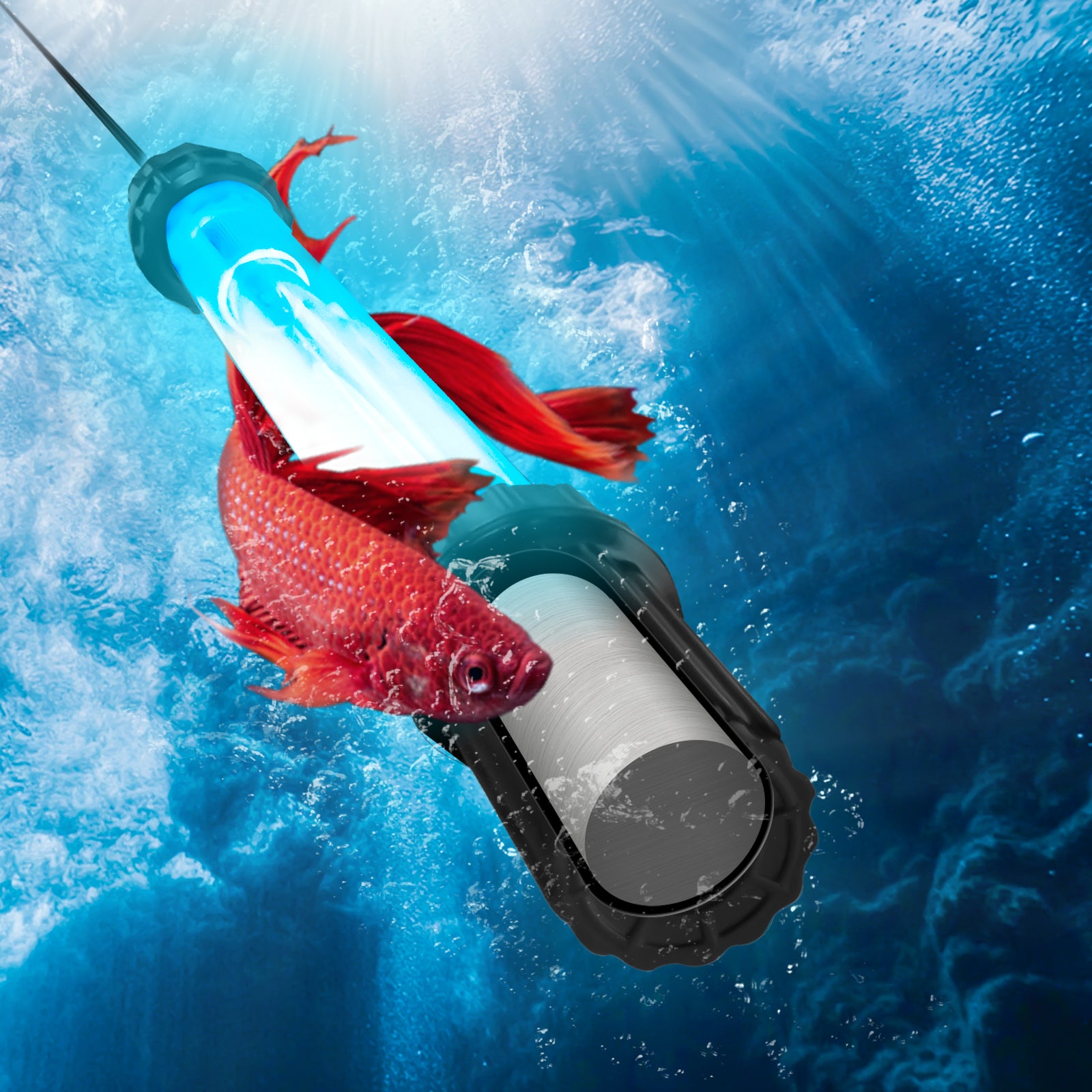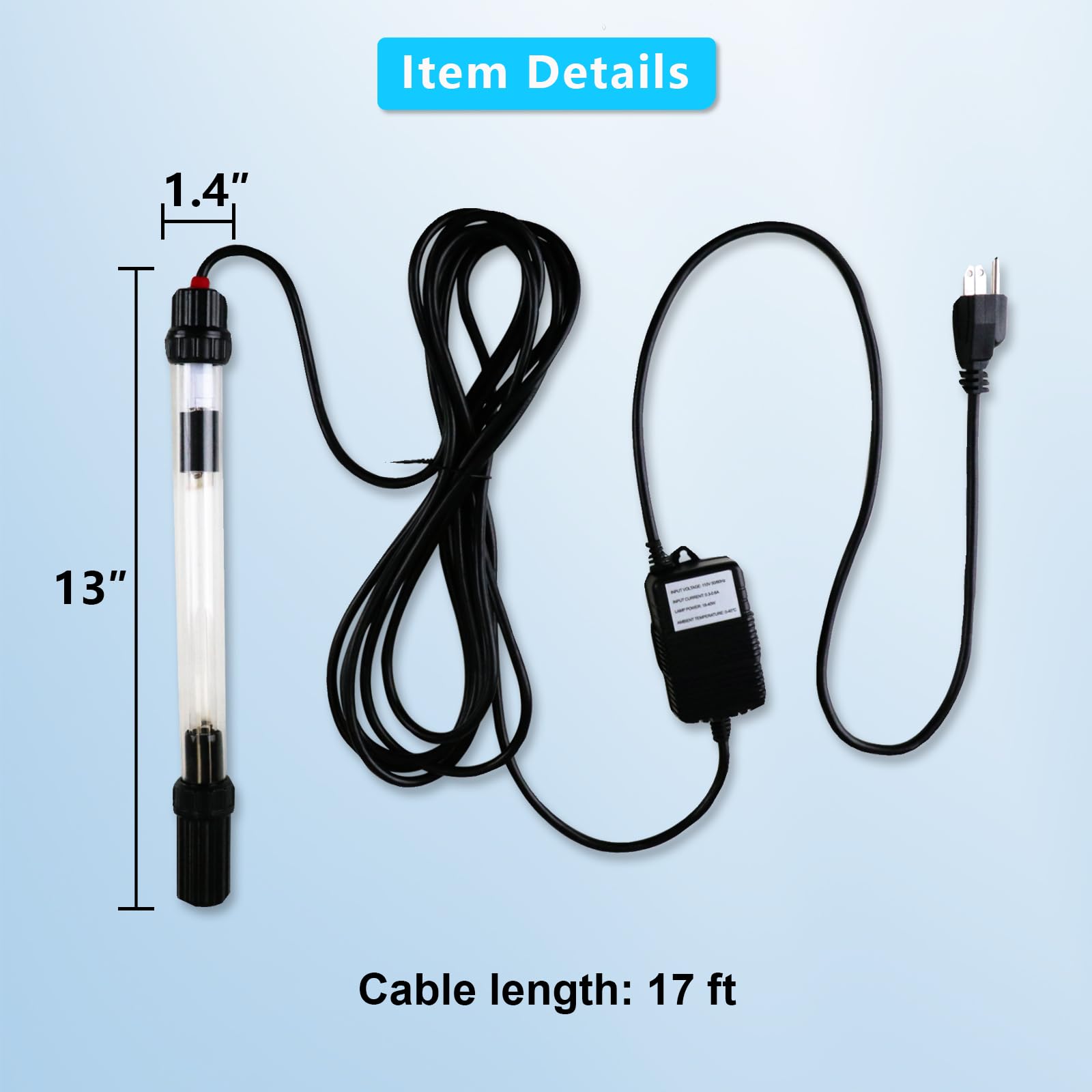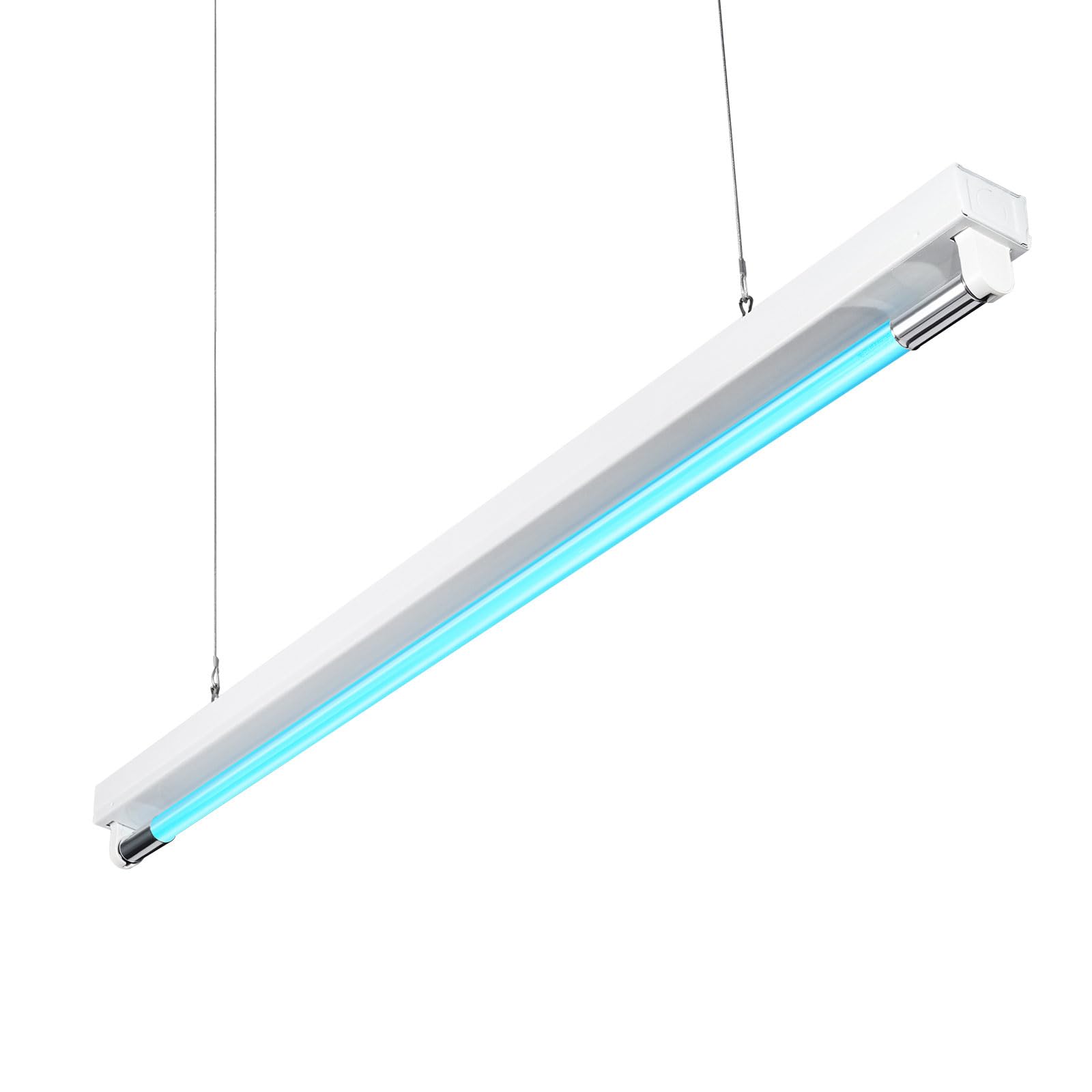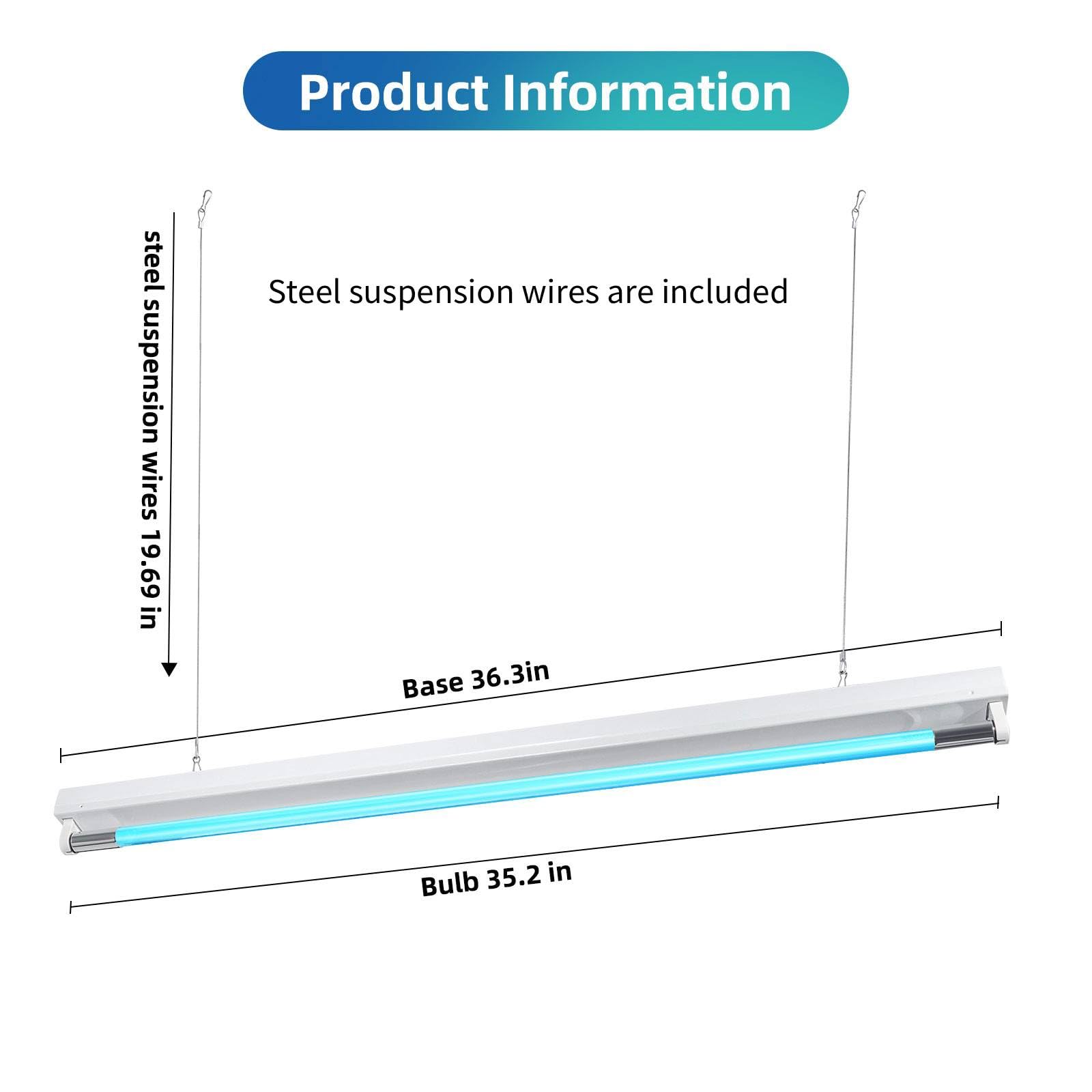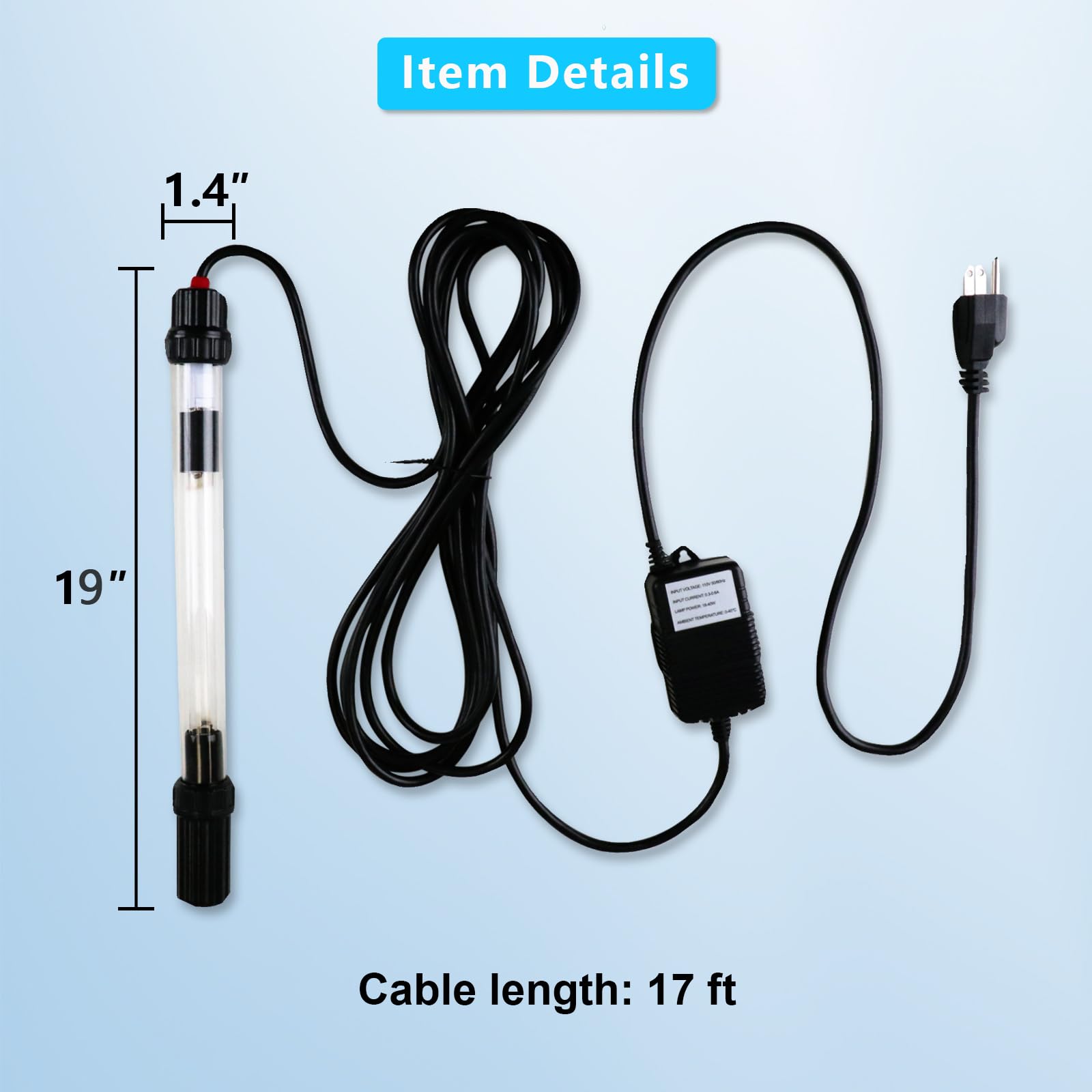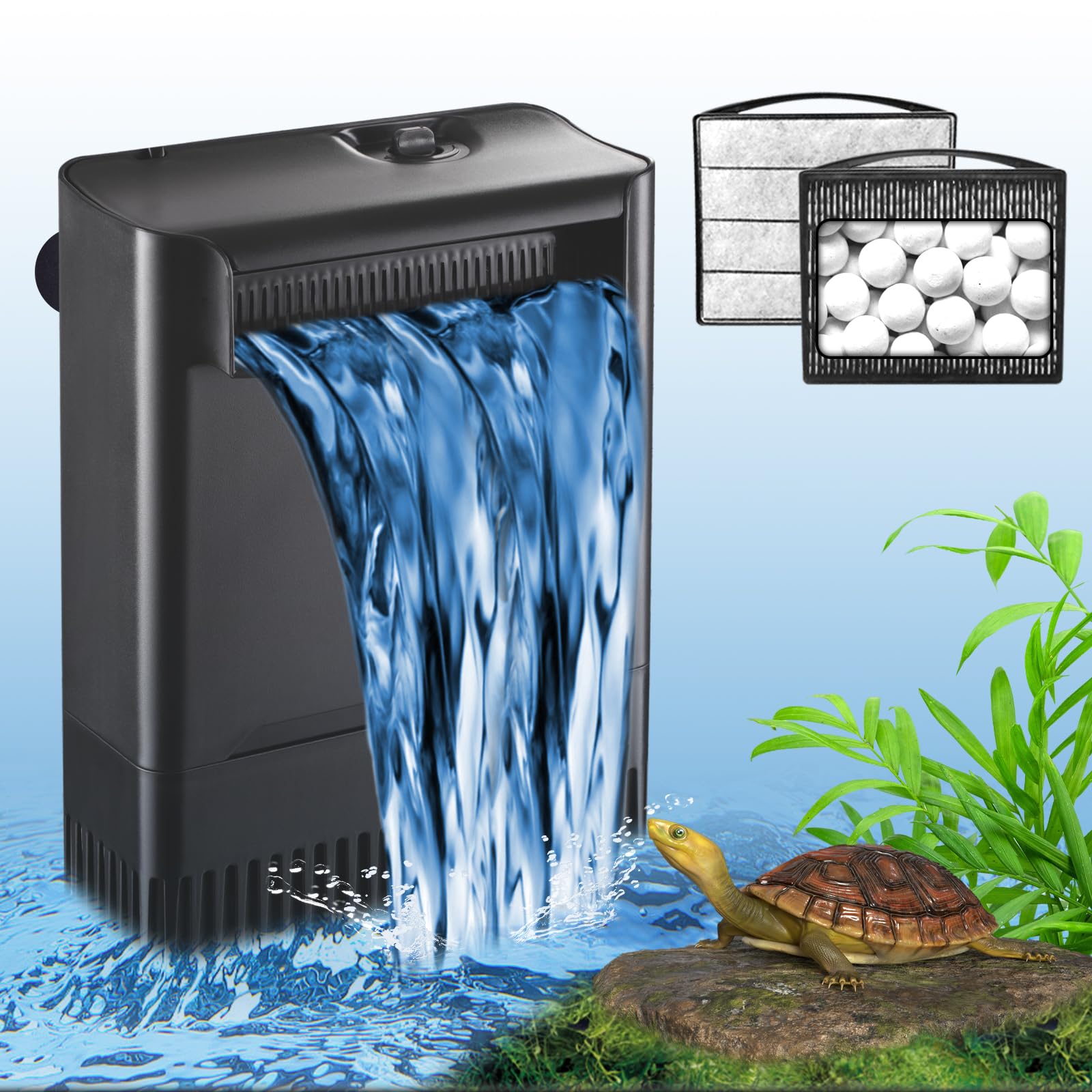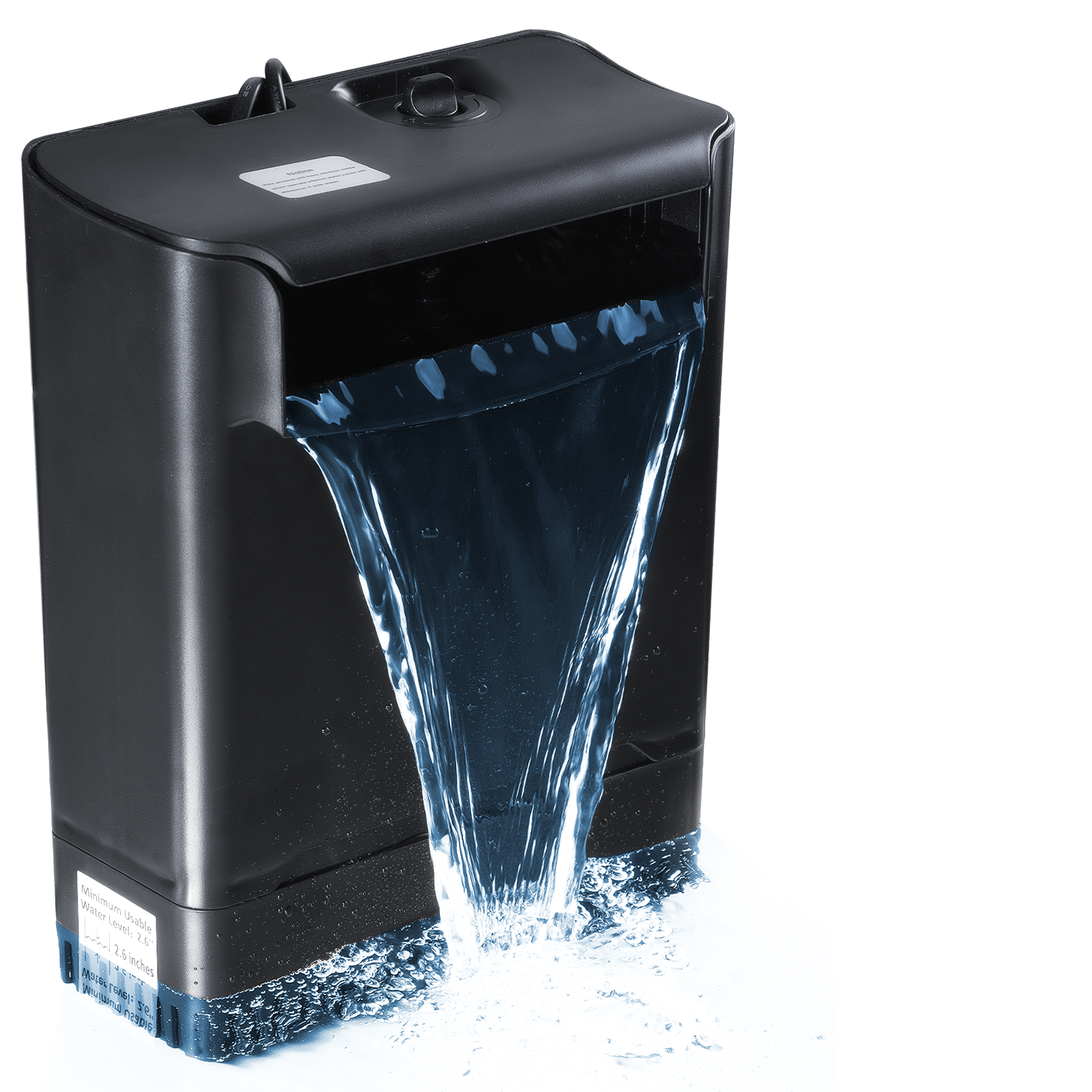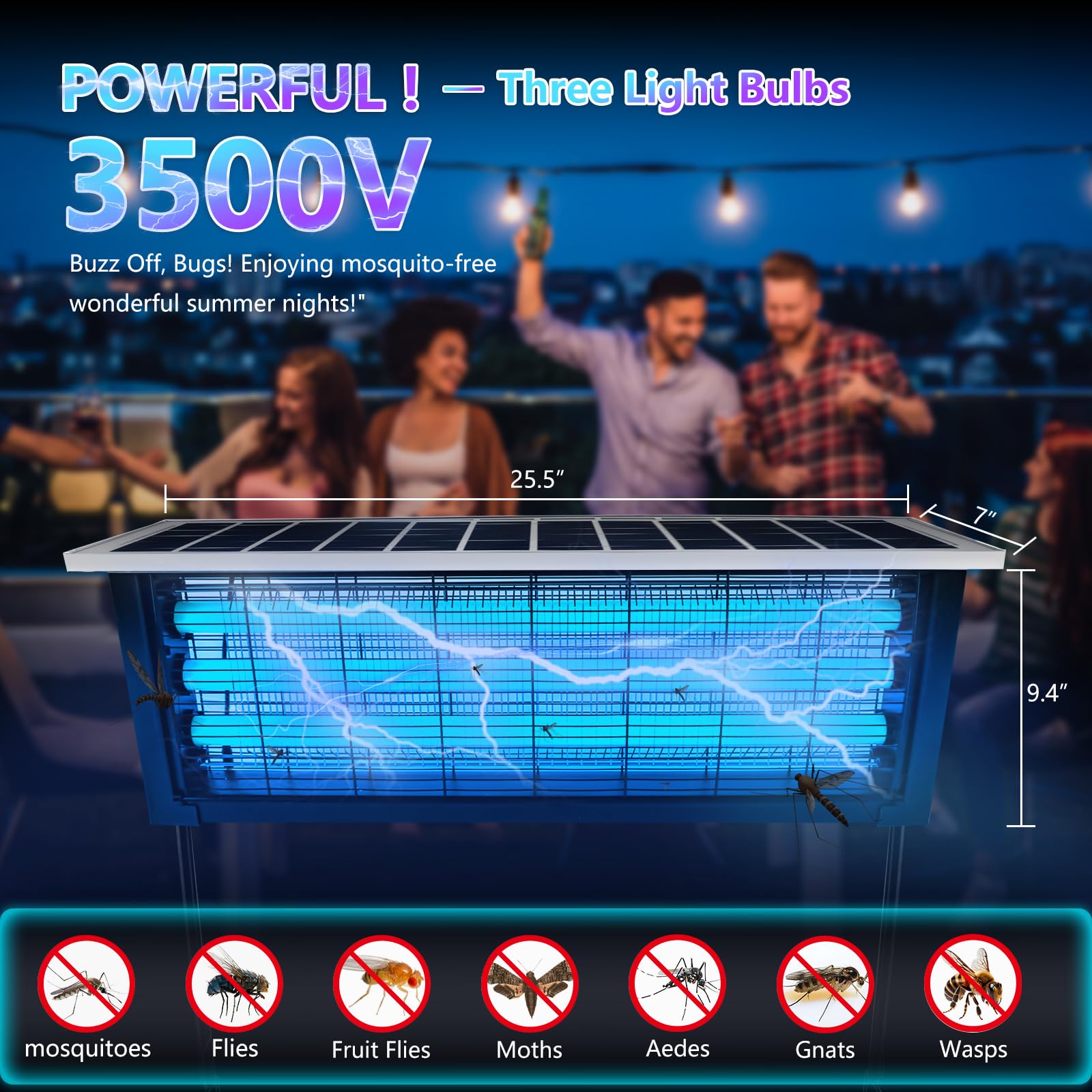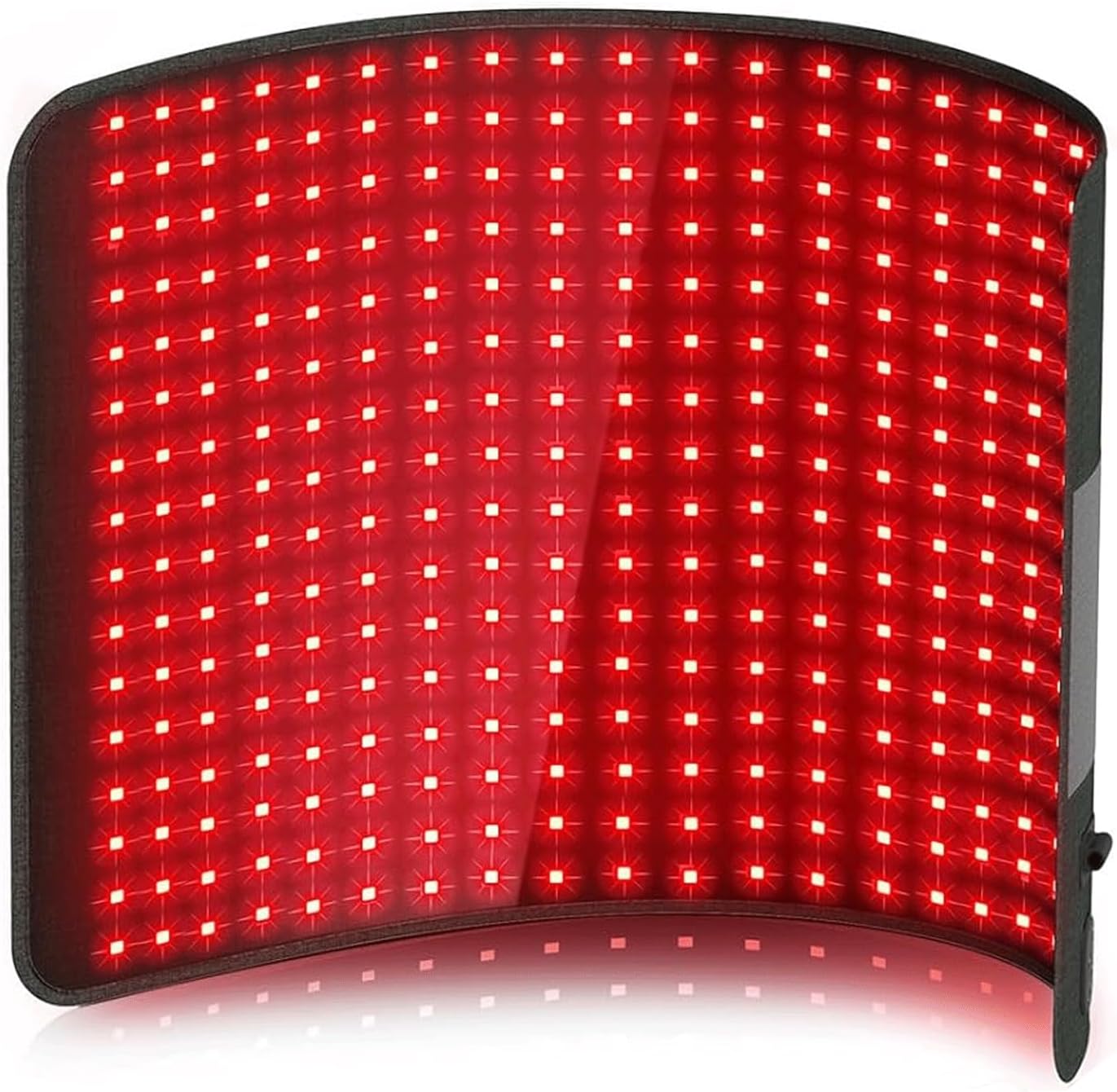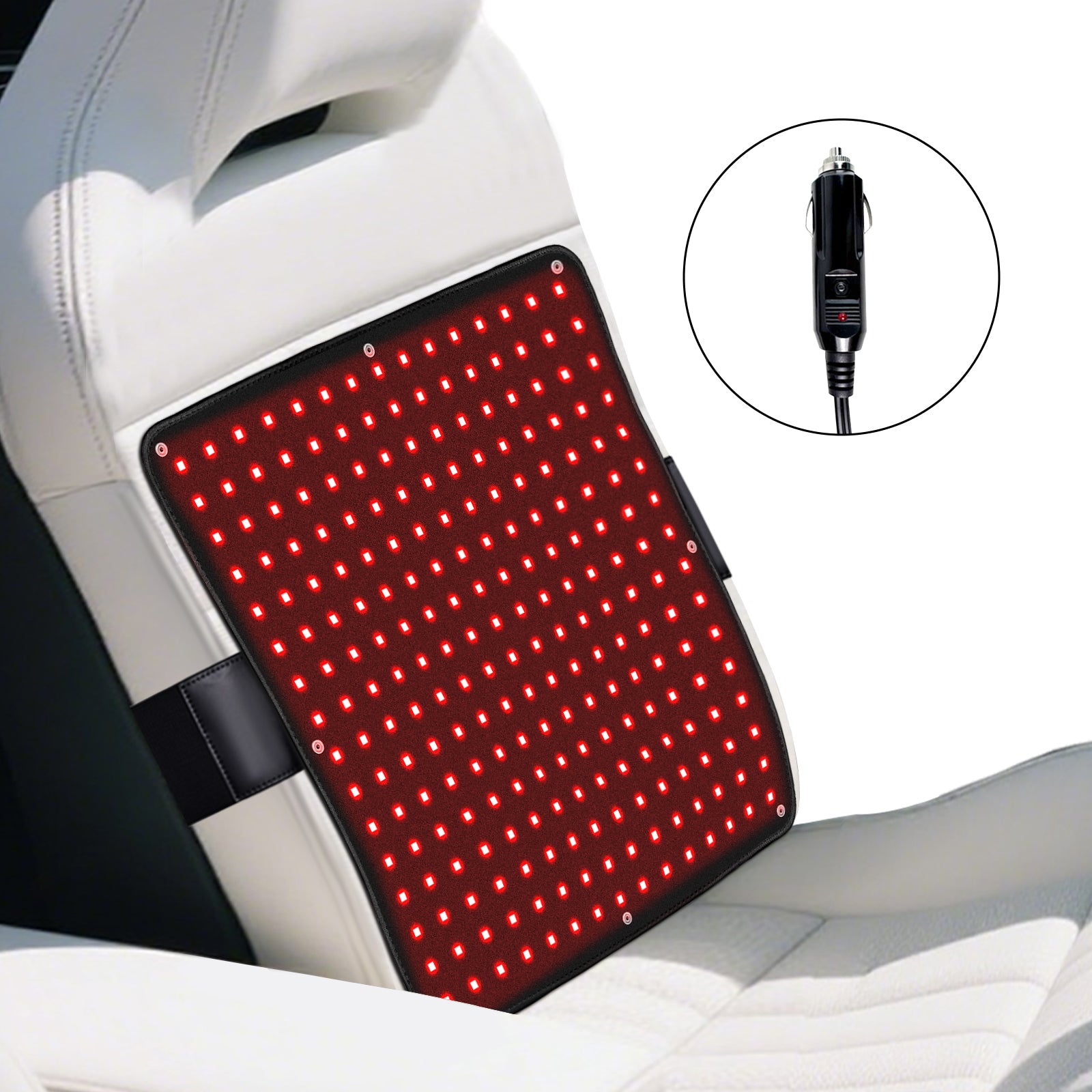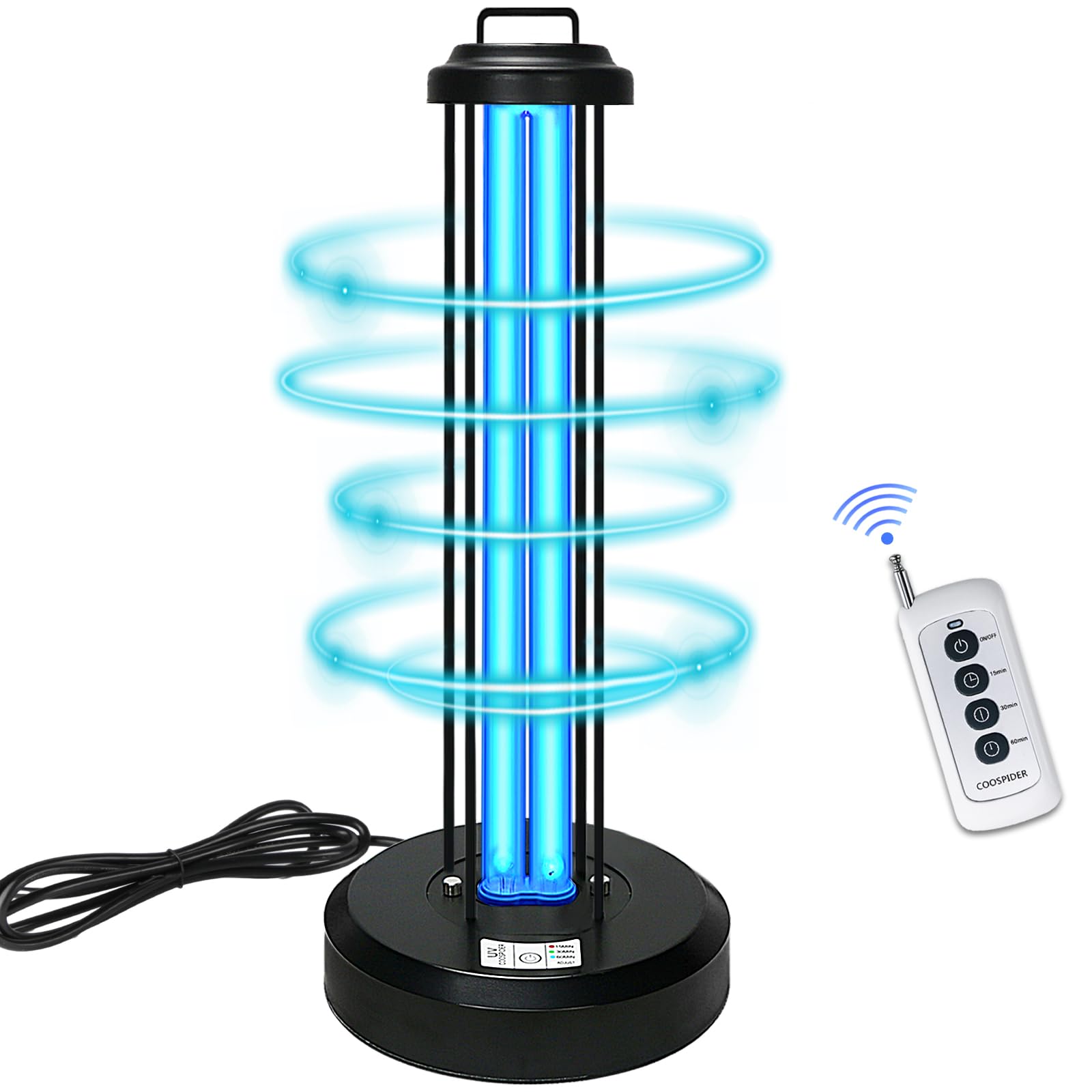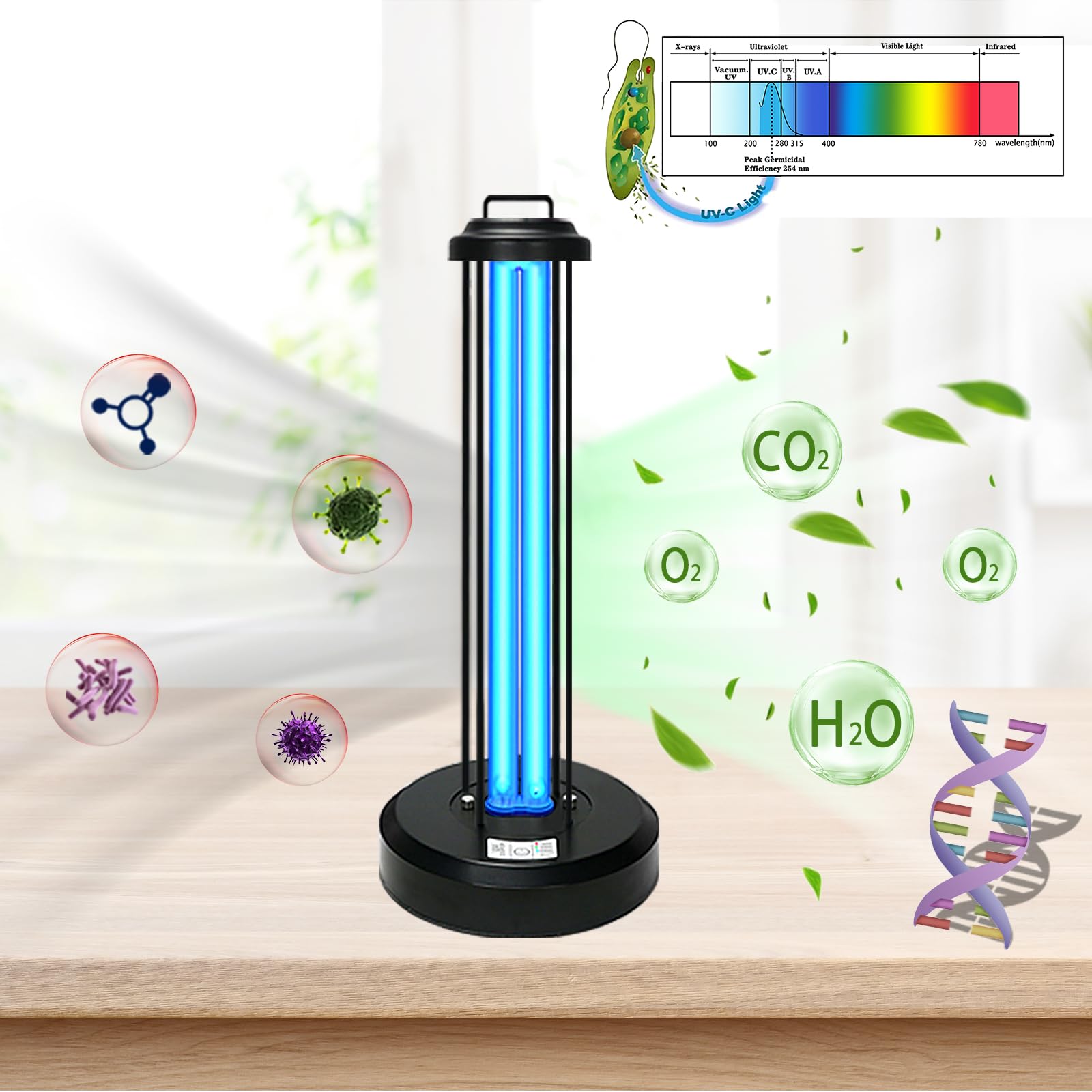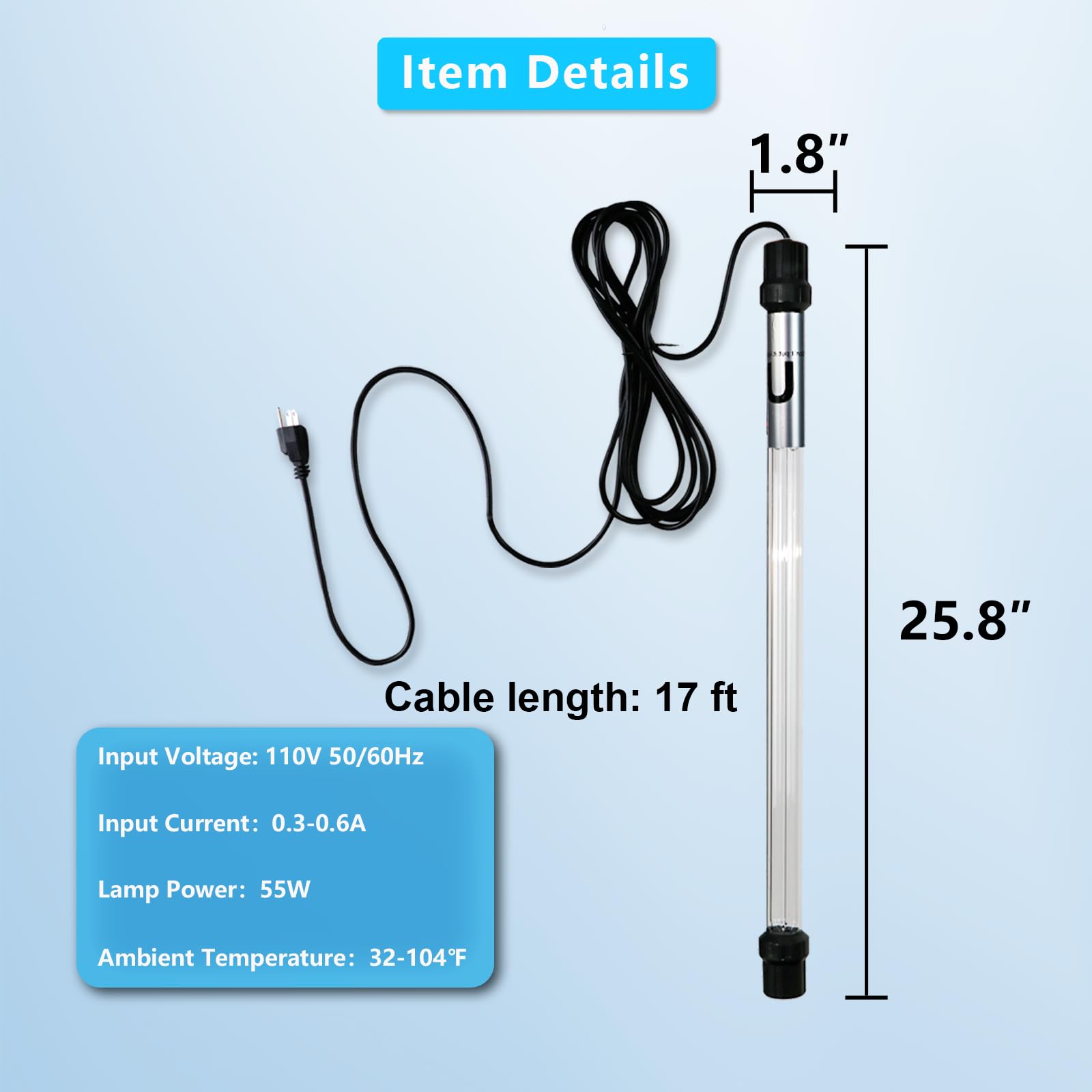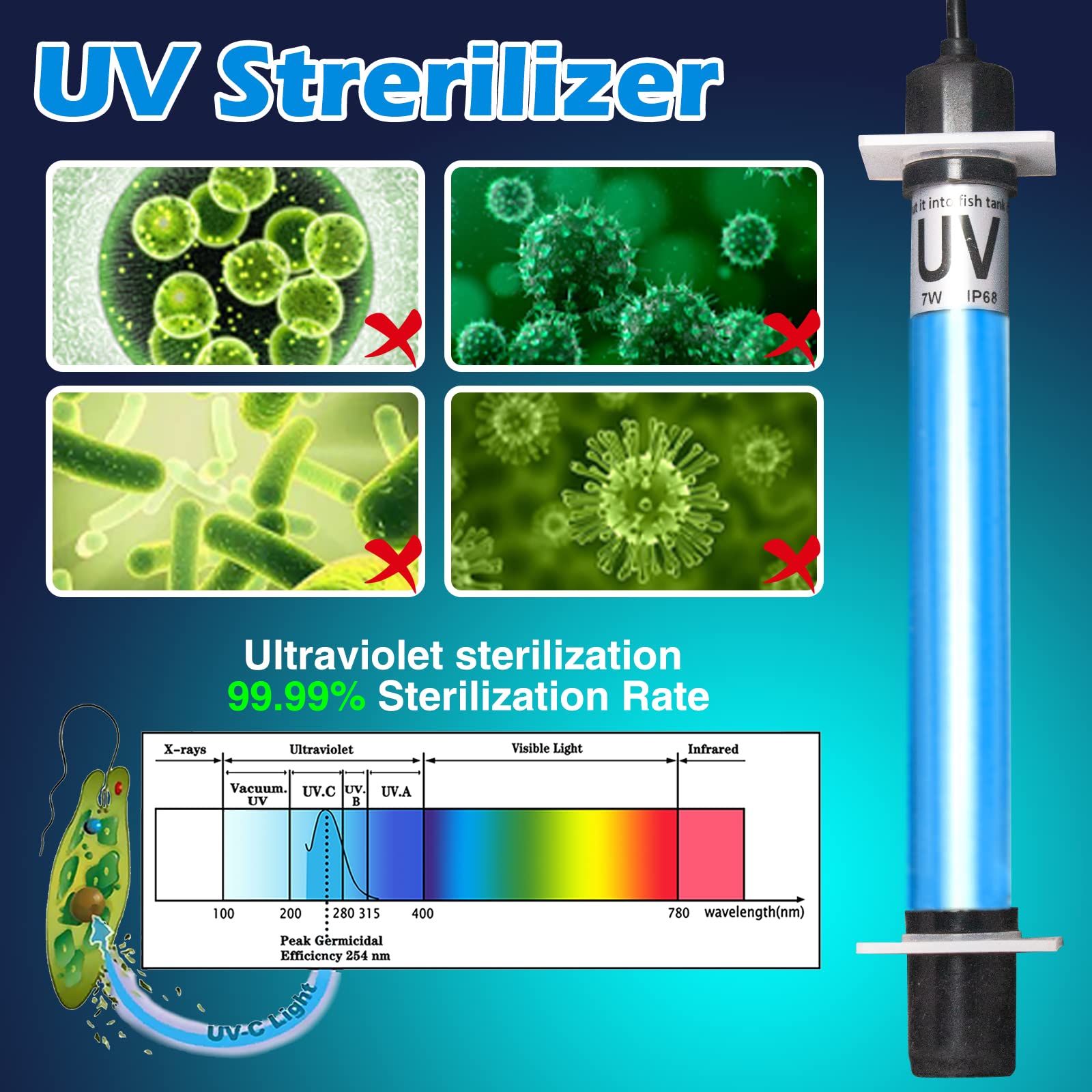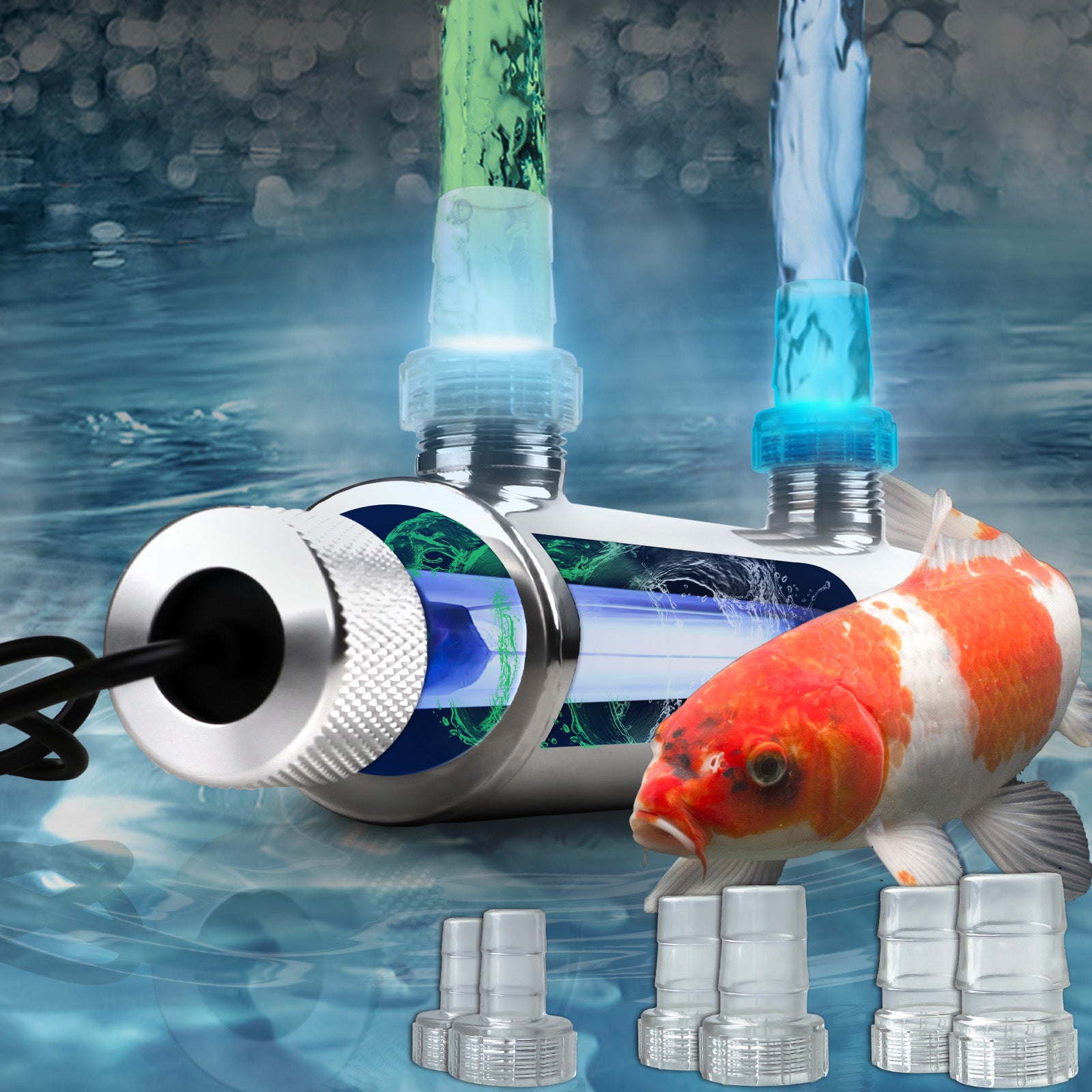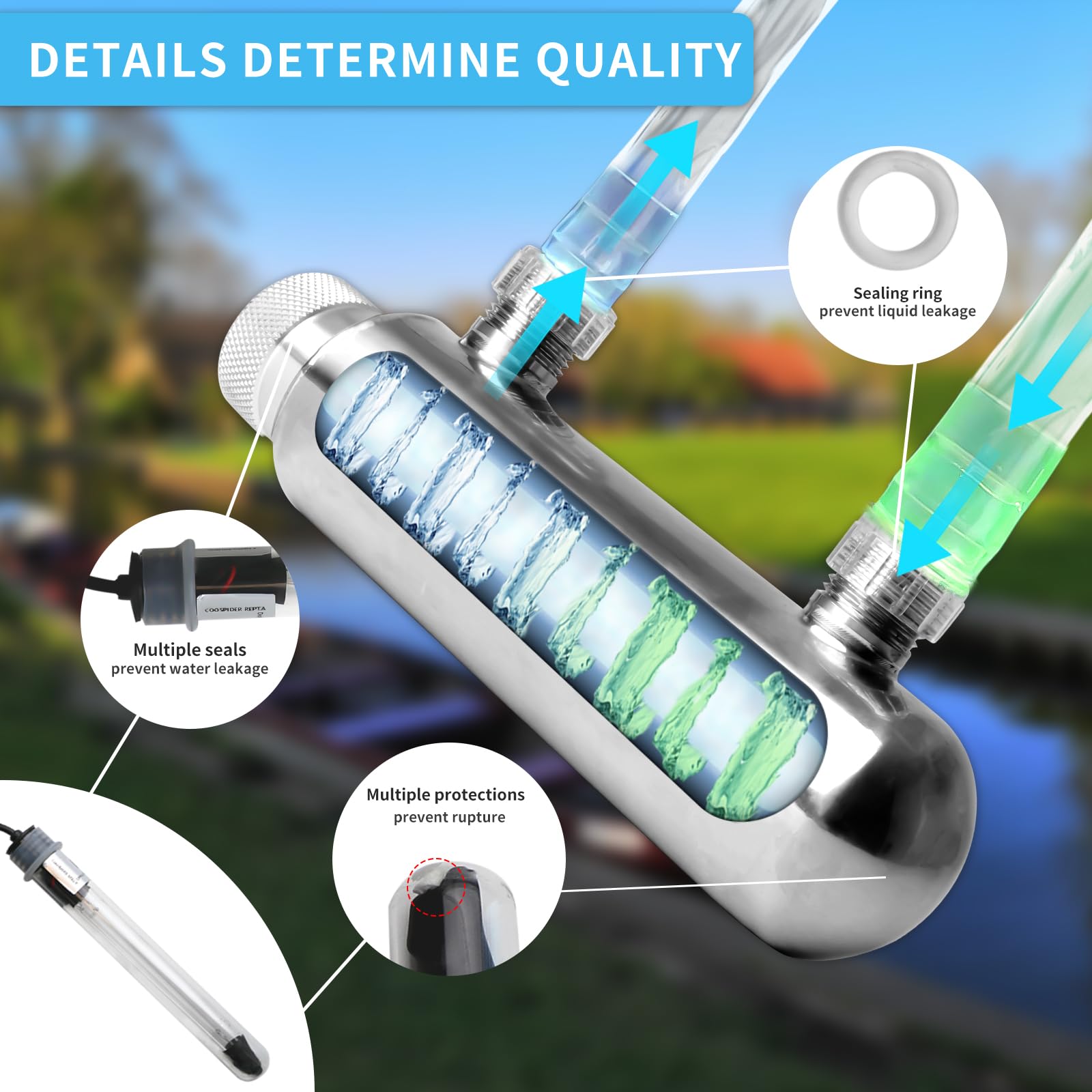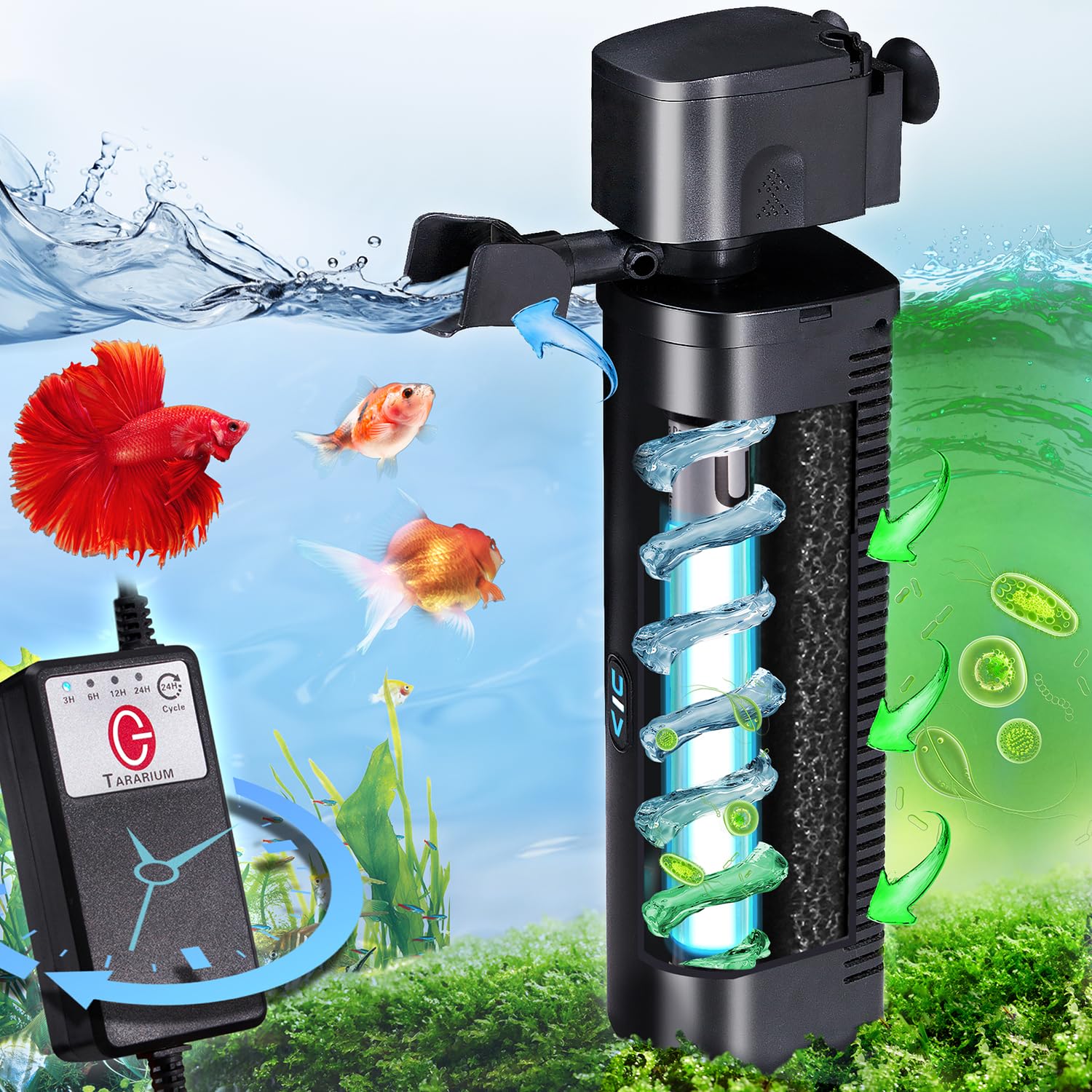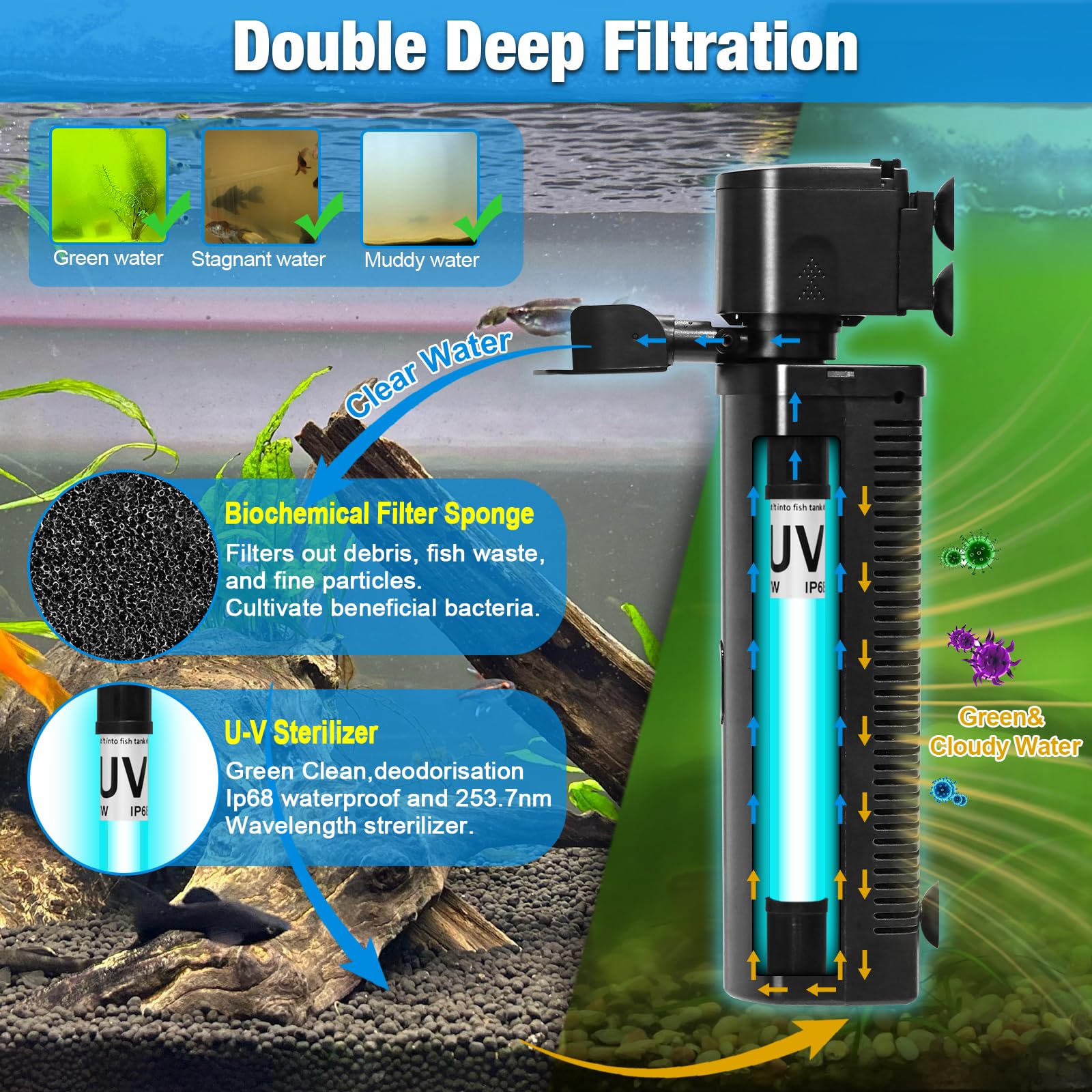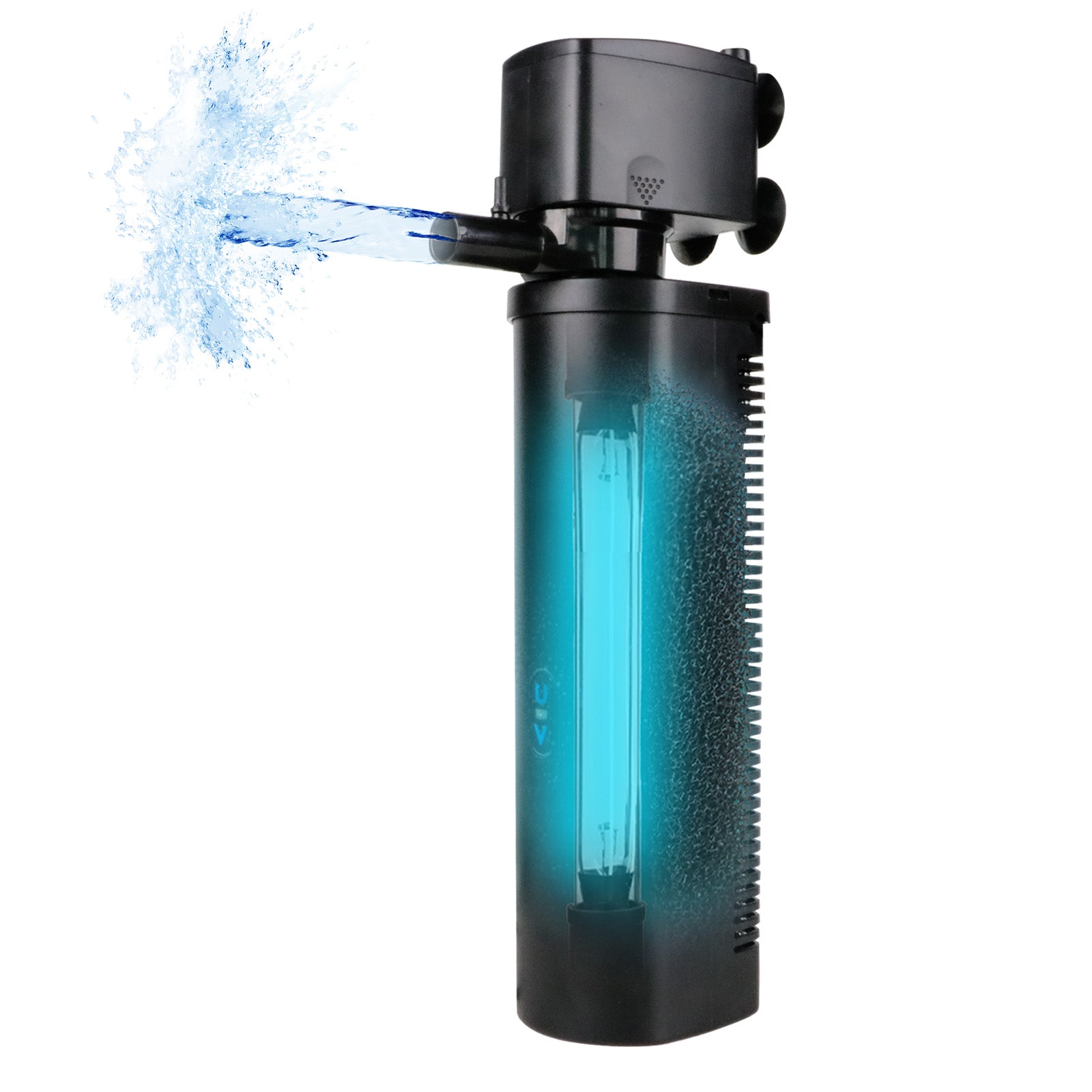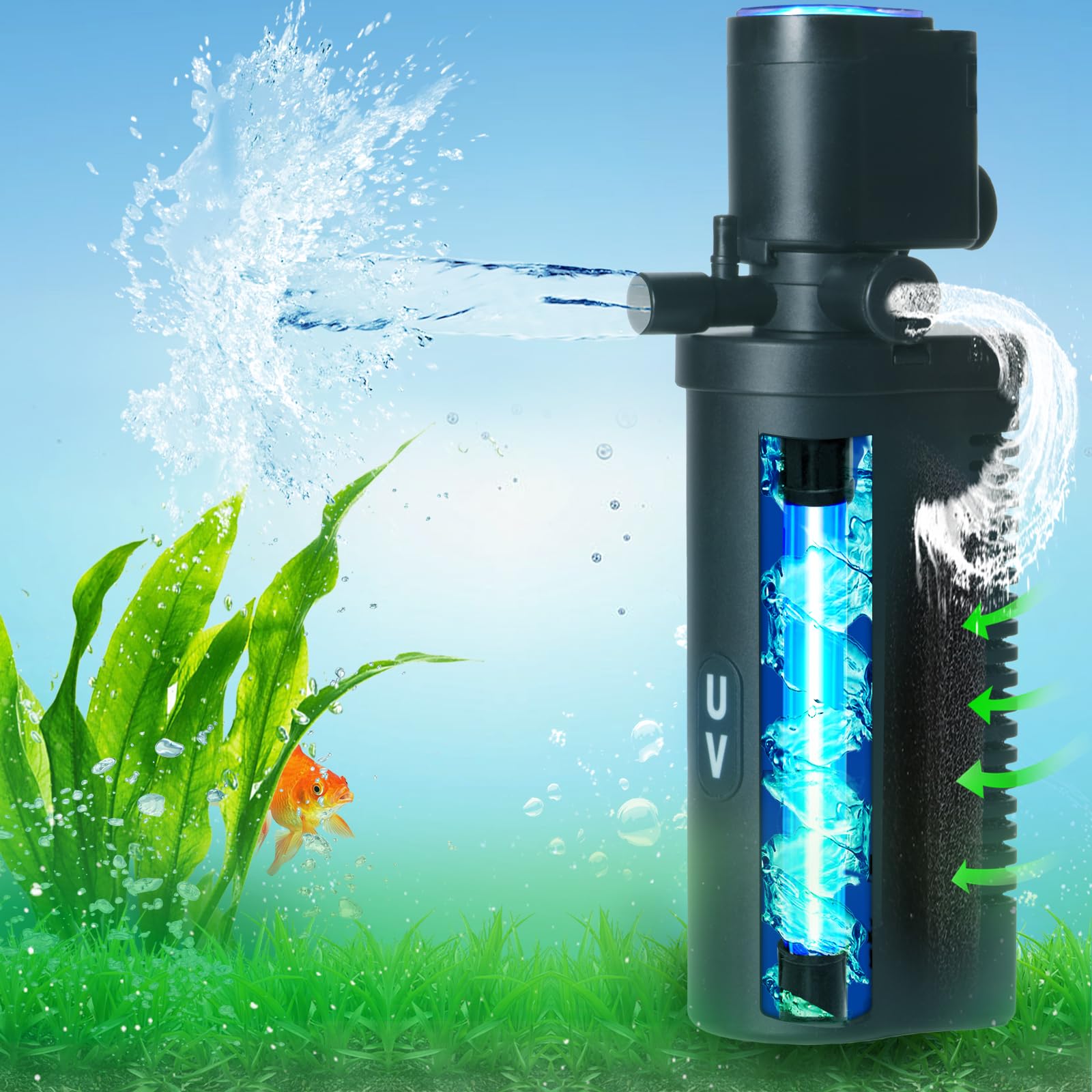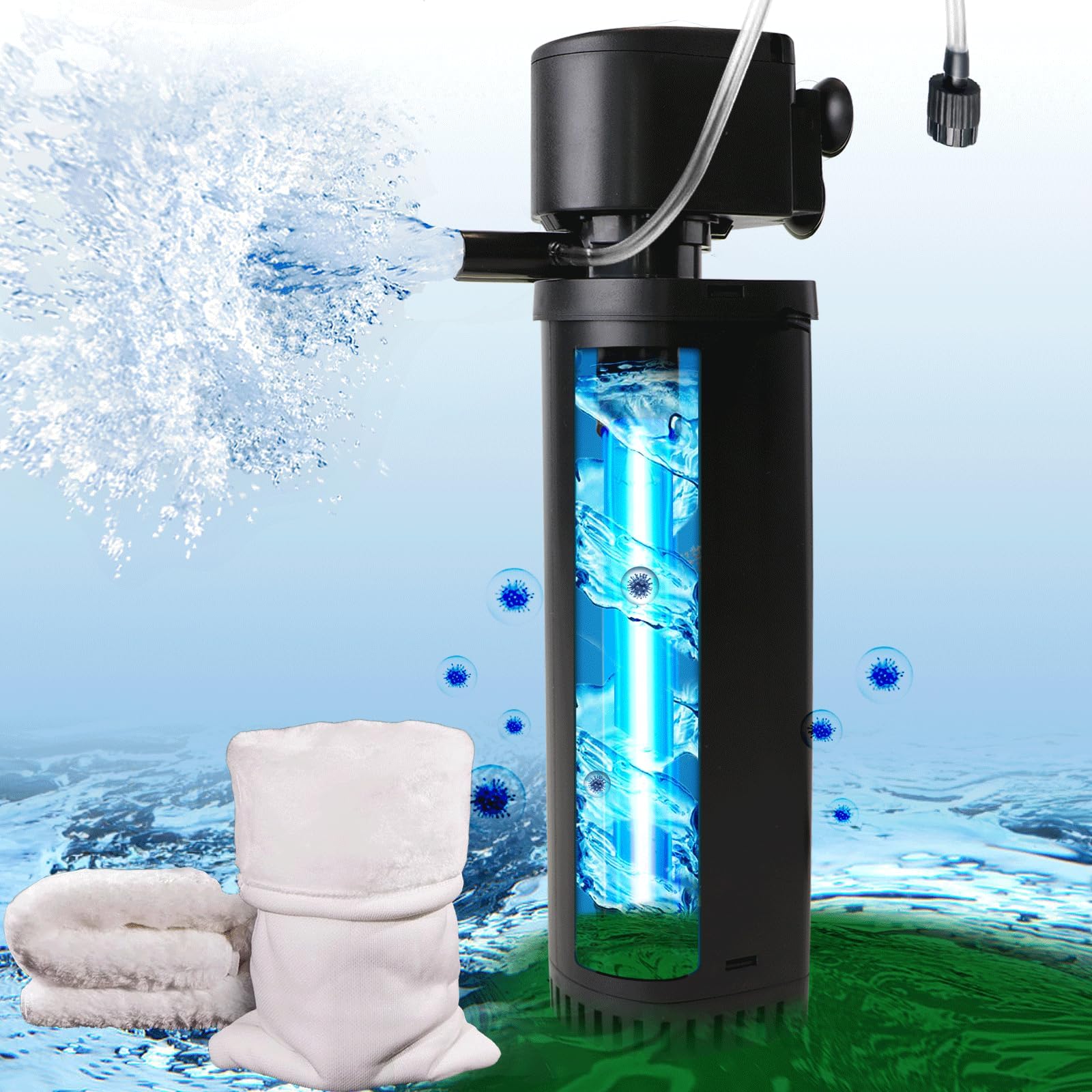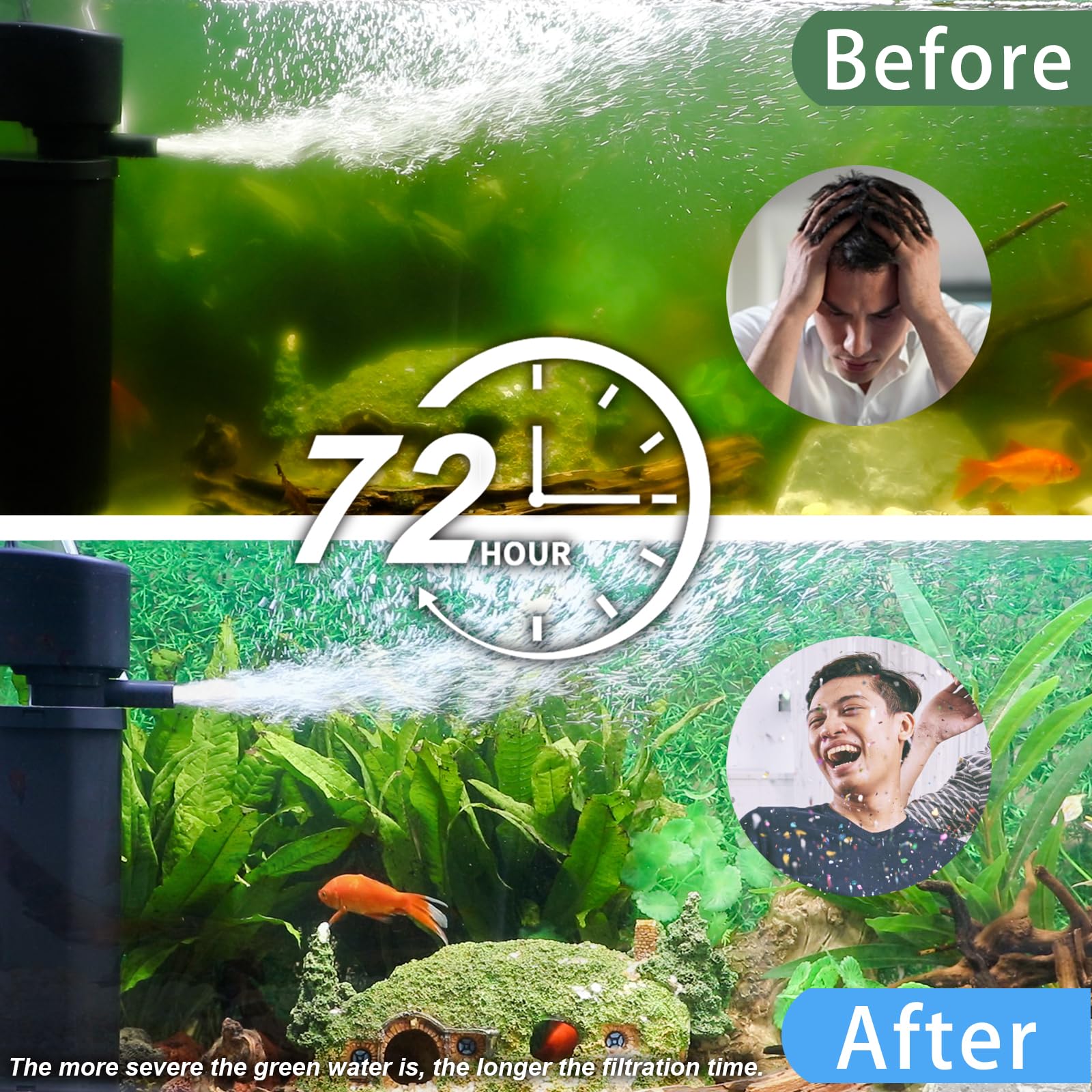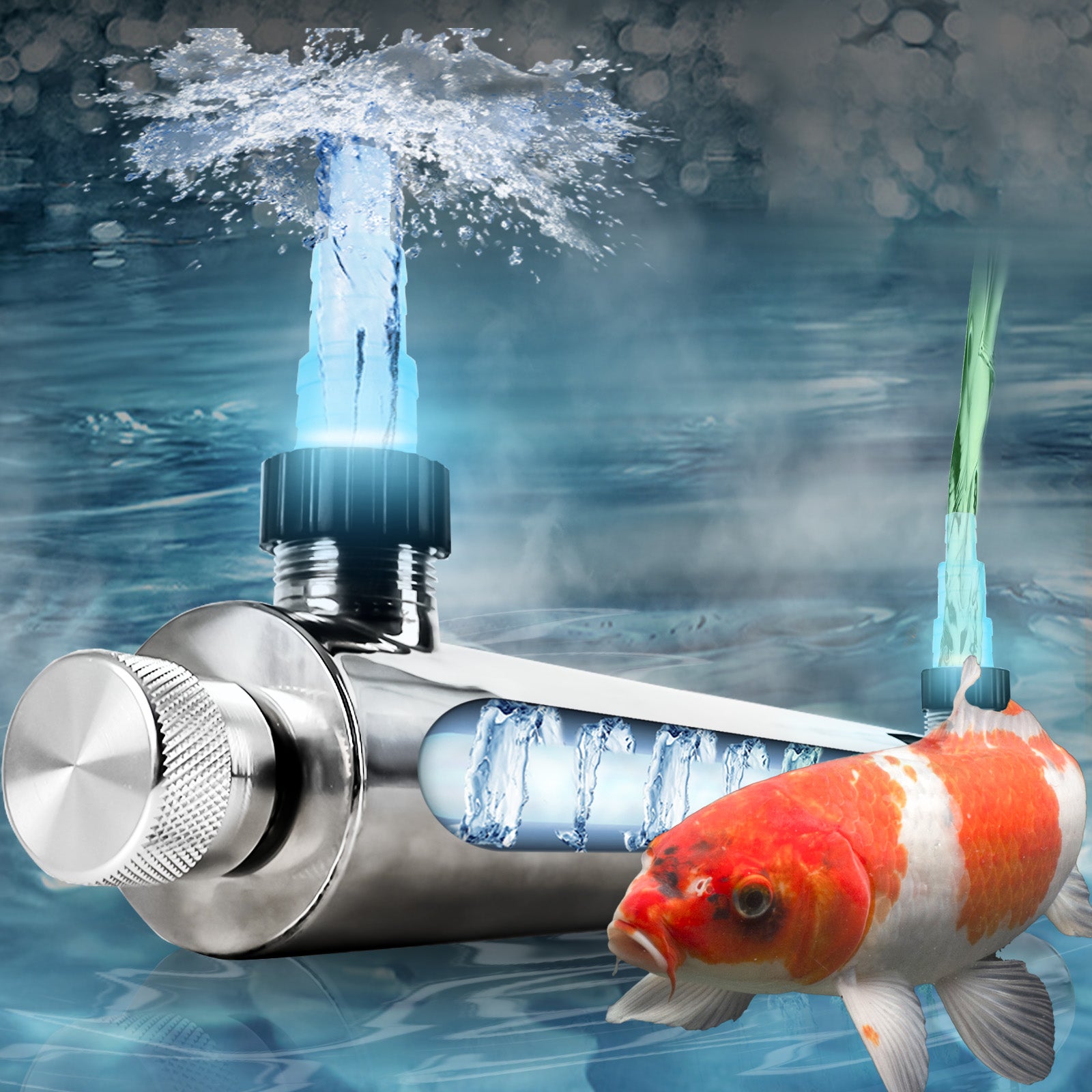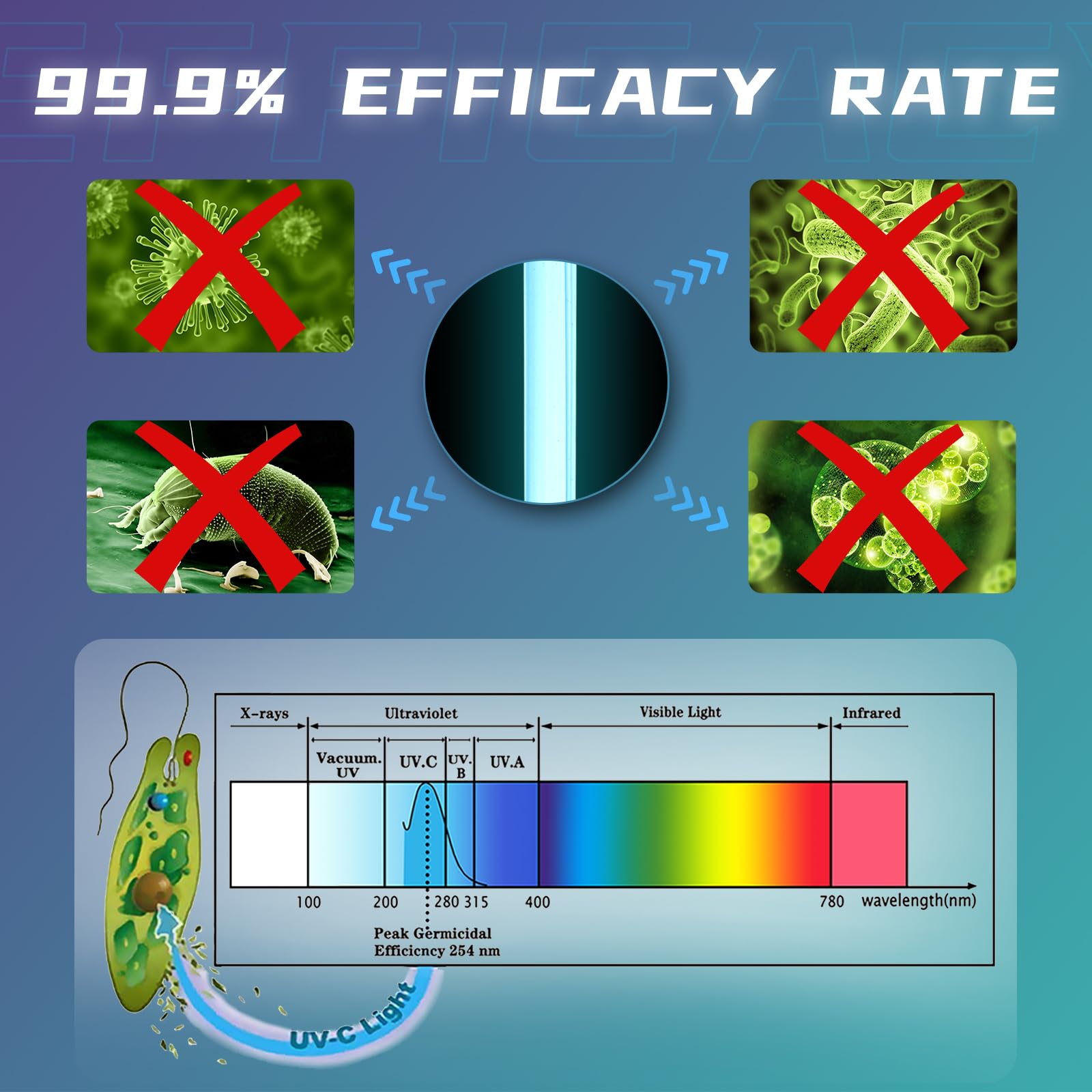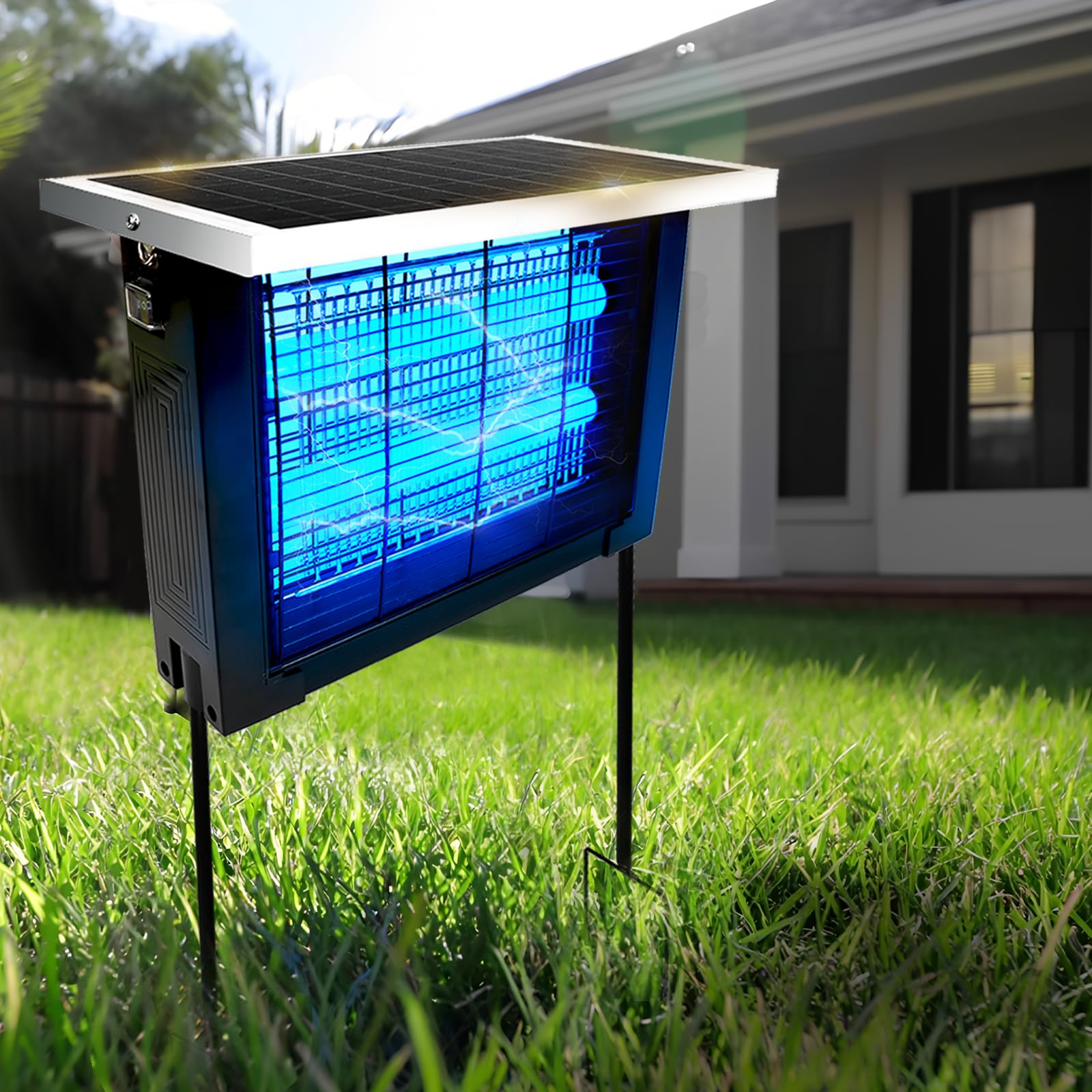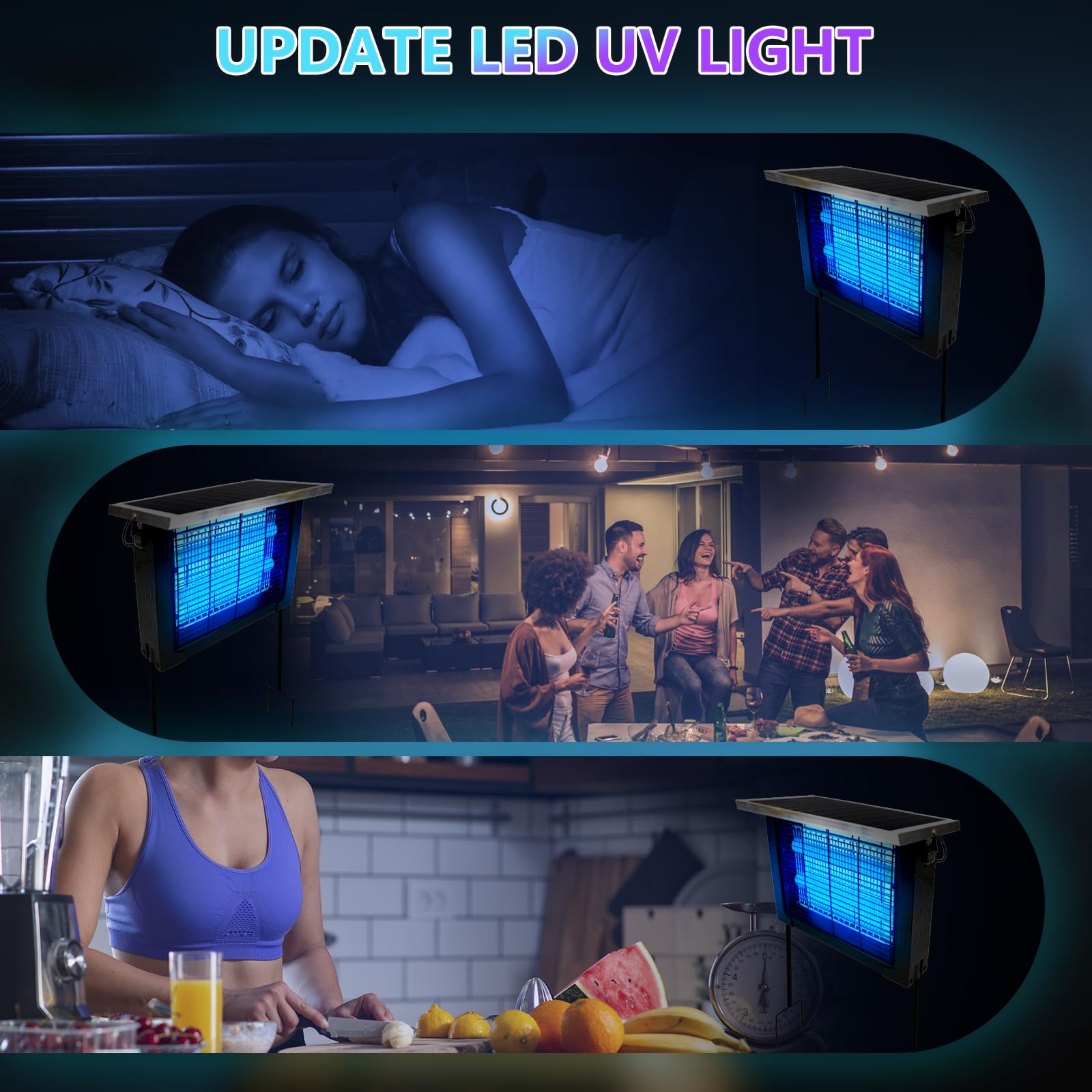Mosquitoes are more than just a nuisance—they can transmit dangerous diseases like Zika virus, West Nile virus, dengue, and malaria, all of which pose serious risks to pregnant women and their unborn babies. However, not all mosquito repellents are safe for expecting mothers. Some contain chemicals that could potentially harm fetal development, while others may not provide enough protection.
This 6,000-word guide will cover:
✅ Which mosquito repellents are safe during pregnancy
❌ Which repellents to avoid and why
🔬 Scientific evidence on chemical vs. natural repellents
🏡 Best practices for indoor & outdoor mosquito protection
🌿 Pregnancy-safe alternatives to traditional bug sprays
Let’s dive in!
1. The Risks of Mosquito Bites During Pregnancy
1.1 Zika Virus & Birth Defects
- Zika virus can cause microcephaly (abnormally small head and brain) in developing fetuses.
- Pregnant women traveling to tropical regions (South America, Africa, Southeast Asia) must take extra precautions.
1.2 Dengue & Malaria Risks
- Dengue fever can lead to severe dehydration and hemorrhage, dangerous for both mother and baby.
- Malaria increases the risk of premature birth, low birth weight, and stillbirth.
1.3 Why Pregnant Women Attract More Mosquitoes
- Higher body temperature and CO₂ output make pregnant women more noticeable to mosquitoes.
- Increased blood volume and sweat production also attract bugs.
Bottom line: Mosquito protection is non-negotiable during pregnancy—but you must choose the right methods.
2. Safe Mosquito Repellents for Pregnant Women
2.1 EPA-Approved Chemical Repellents (Scientifically Proven Safe)
✅ DEET (N,N-Diethyl-meta-toluamide)
- Safety: Yes, in concentrations ≤30% (CDC & WHO-approved for pregnancy).
- Effectiveness: Gold standard—lasts 4-6 hours.
- Best for: High-risk areas (Zika/dengue zones).
✅ Picaridin (KBR 3023 / Icaridin)
- Safety: Yes, up to 20% concentration (less skin irritation than DEET).
- Effectiveness: Comparable to DEET, lasts 4-8 hours.
- Best for: Sensitive skin, travel, daily use.
✅ IR3535 (Merck’s Insect Repellent 3535)
- Safety: Yes, up to 20% (gentler than DEET).
- Effectiveness: Moderate (2-4 hours).
- Best for: Low-risk areas, short outdoor exposure.
✅ Oil of Lemon Eucalyptus (OLE) / PMD (Para-Menthane-3,8-Diol)
- Safety: Yes, but only for 2nd & 3rd trimesters (not for newborns).
- Effectiveness: Moderate (2-4 hours).
- Best for: Natural alternative in low-risk areas.
2.2 Physical & Environmental Repellents (100% Chemical-Free)
✅ Mosquito Nets (Permethrin-Treated Best)
- Safety: 100% safe—creates a physical barrier.
- Effectiveness: Excellent for sleeping protection.
✅ Permethrin-Treated Clothing
- Safety: Safe once dried (not applied directly to skin).
- Effectiveness: Lasts through 20+ washes.
✅ Fans & Airflow
- Safety: 100% safe—mosquitoes avoid strong wind.
- Effectiveness: Reduces bites by 50-75% in outdoor seating areas.
✅ CO₂ Mosquito Traps (For Yards/Patios)
- Safety: Safe—no chemicals, just traps bugs.
- Effectiveness: Reduces mosquito populations over time.
3. Mosquito Repellents to AVOID During Pregnancy
❌ High-Concentration DEET (>30%)
- Risk: Potential neurotoxicity concerns in excessive amounts.
- Alternative: Stick to 10-30% DEET for pregnancy safety.
❌ Essential Oil Repellents (Undiluted or High Doses)
- Risk: Some oils (eucalyptus, rosemary, peppermint) may trigger contractions.
- Exception: Diluted oil of lemon eucalyptus (OLE/PMD) is safe in 2nd/3rd trimesters.
❌ Mosquito Coils & Incense
- Risk: Smoke inhalation contains formaldehyde & particulate matter, harmful to fetal development.
- Alternative: Citronella candles (outdoors only) or electric diffusers.
❌ Ultrasonic Repellent Devices
- Risk: No scientific proof they work—waste of money.
- Alternative: Physical barriers (nets, clothing).
❌ Homemade Repellents (Vinegar, Garlic, etc.)
- Risk: No proven effectiveness—may give false security.
- Alternative: Tested EPA-approved repellents (DEET, picaridin).
4. Extra Precautions for Pregnant Travelers
4.1 High-Risk Destinations (Zika/Dengue Areas)
✔ Use DEET 20-30% or picaridin 20% daily
✔ Wear permethrin-treated long sleeves & pants
✔ Sleep under a permethrin-treated mosquito net
4.2 Airplane & Hotel Safety
✔ Pack travel-sized repellent (TSA-approved 3.4 oz / 100ml)
✔ Use a plug-in repellent (thermacell) for hotel rooms
✔ Avoid stagnant water (hotel fountains, pools without chlorine)
5. Natural Alternatives (With Caution)
5.1 Pregnancy-Safe Essential Oil Blends
- Diluted lavender + citronella (mix with carrier oil like coconut oil).
- Peppermint oil (very diluted, avoid in 1st trimester).
5.2 Diet Adjustments (Limited Evidence)
- Garlic & vitamin B supplements (anecdotal reports, not proven).
- Stay hydrated (reduces mosquito attraction slightly).
6. Final Pregnancy Mosquito Protection Checklist
| Do’s | Don’ts |
|---|---|
| ✅ DEET ≤30%, picaridin ≤20% | ❌ DEET >30%, untested homemade sprays |
| ✅ Permethrin-treated nets/clothing | ❌ Mosquito coils & heavy smoke |
| ✅ Oil of lemon eucalyptus (2nd/3rd trimesters) | ❌ Undiluted essential oils (eucalyptus, rosemary) |
| ✅ Fans, CO₂ traps, screened windows | ❌ Ultrasonic "bug zappers" (ineffective) |
| ✅ Travel precautions in Zika/dengue zones | ❌ Assuming "natural" always means safe |
Conclusion: Smart, Safe Mosquito Protection for Expecting Moms
Pregnant women should not skip mosquito repellent—but they must choose science-backed, pregnancy-safe options.
🔹 For high-risk areas: DEET (≤30%) or picaridin (≤20%) + permethrin nets.
🔹 For daily use: Picaridin or IR3535 sprays.
🔹 For natural preference: Oil of lemon eucalyptus (after 1st trimester).
🔹 For complete safety: Mosquito nets, fans, and permethrin clothing.
Always consult your OB-GYN before trying new repellents!
What’s your go-to pregnancy-safe mosquito repellent? Share below! 👇



